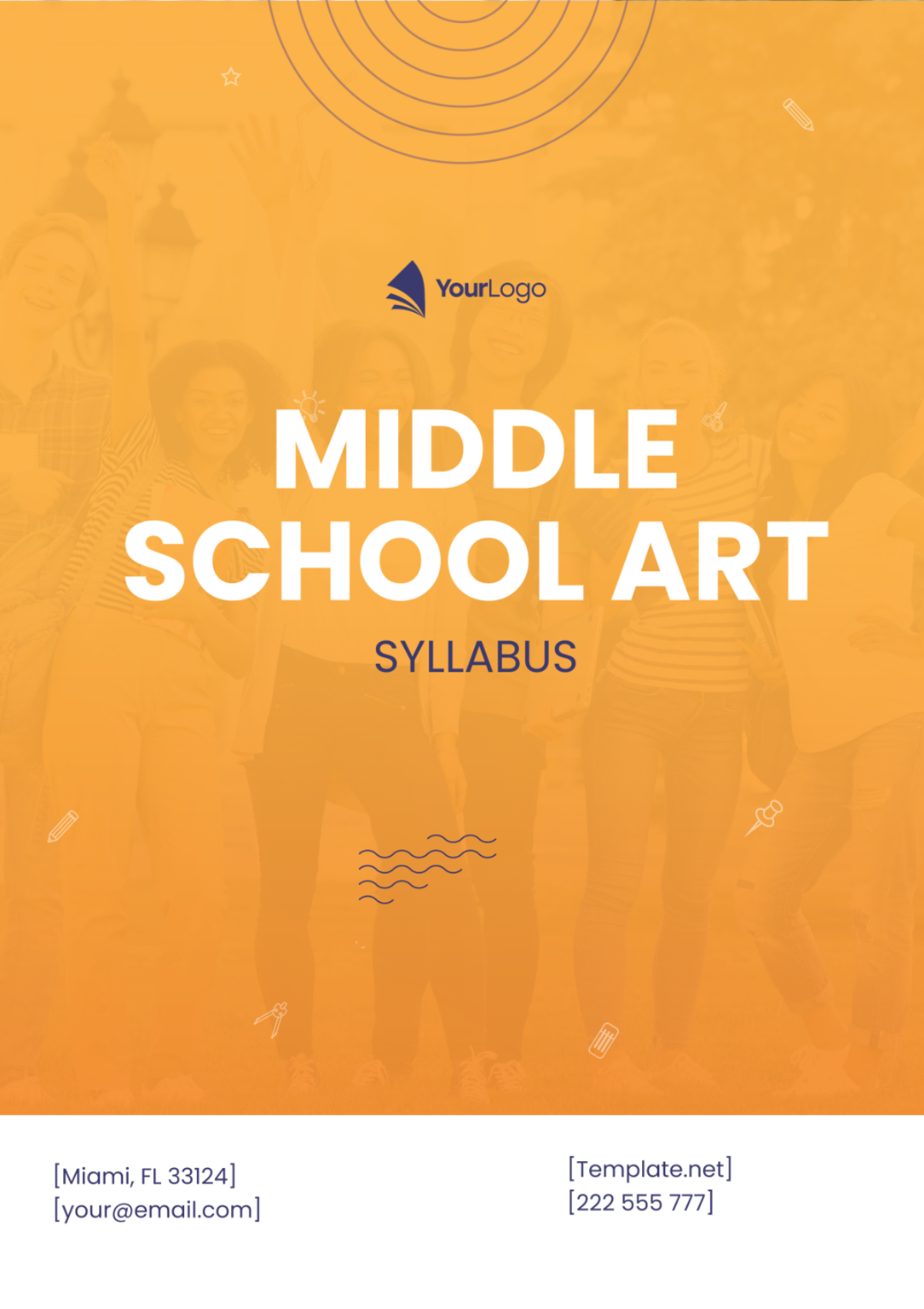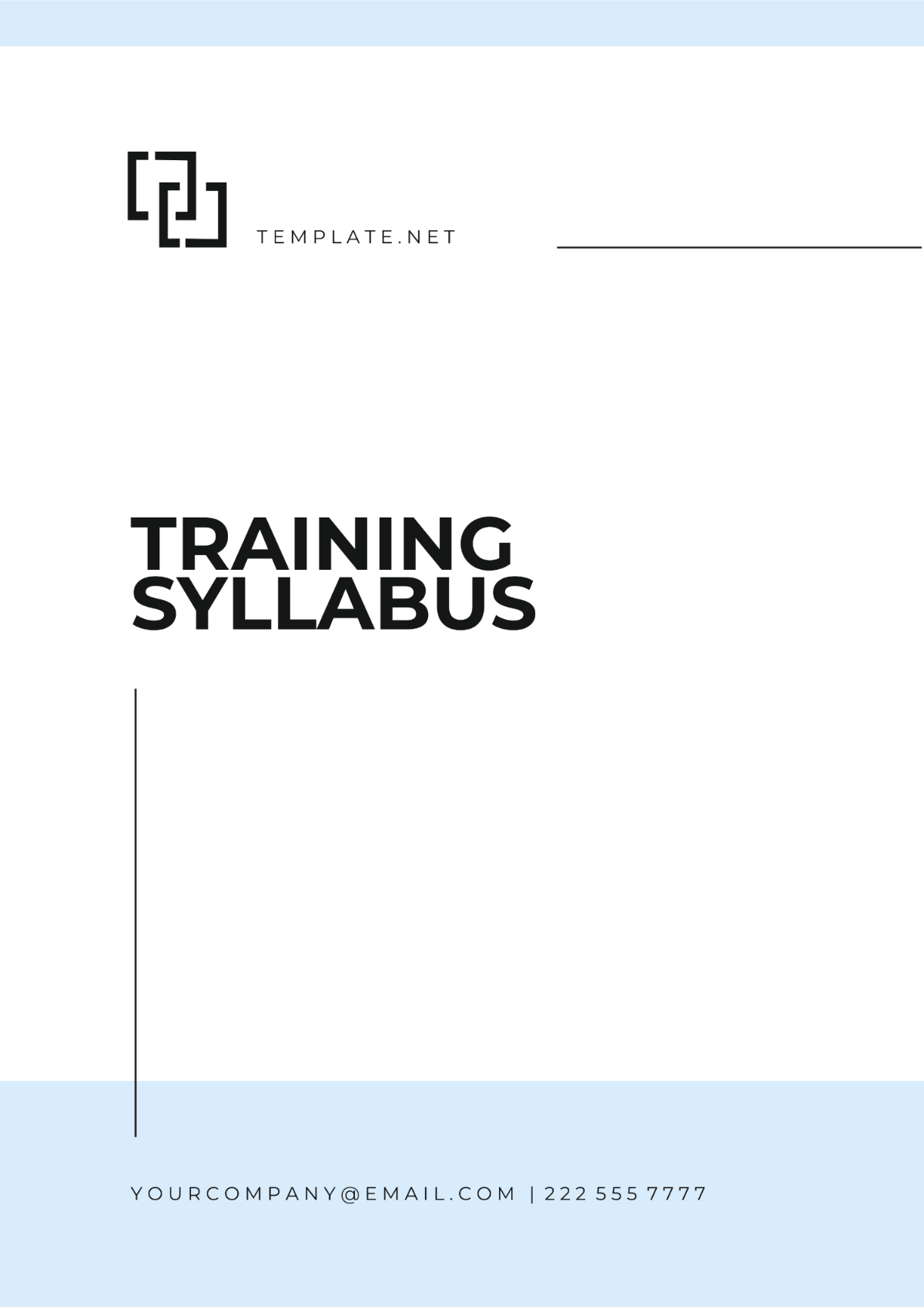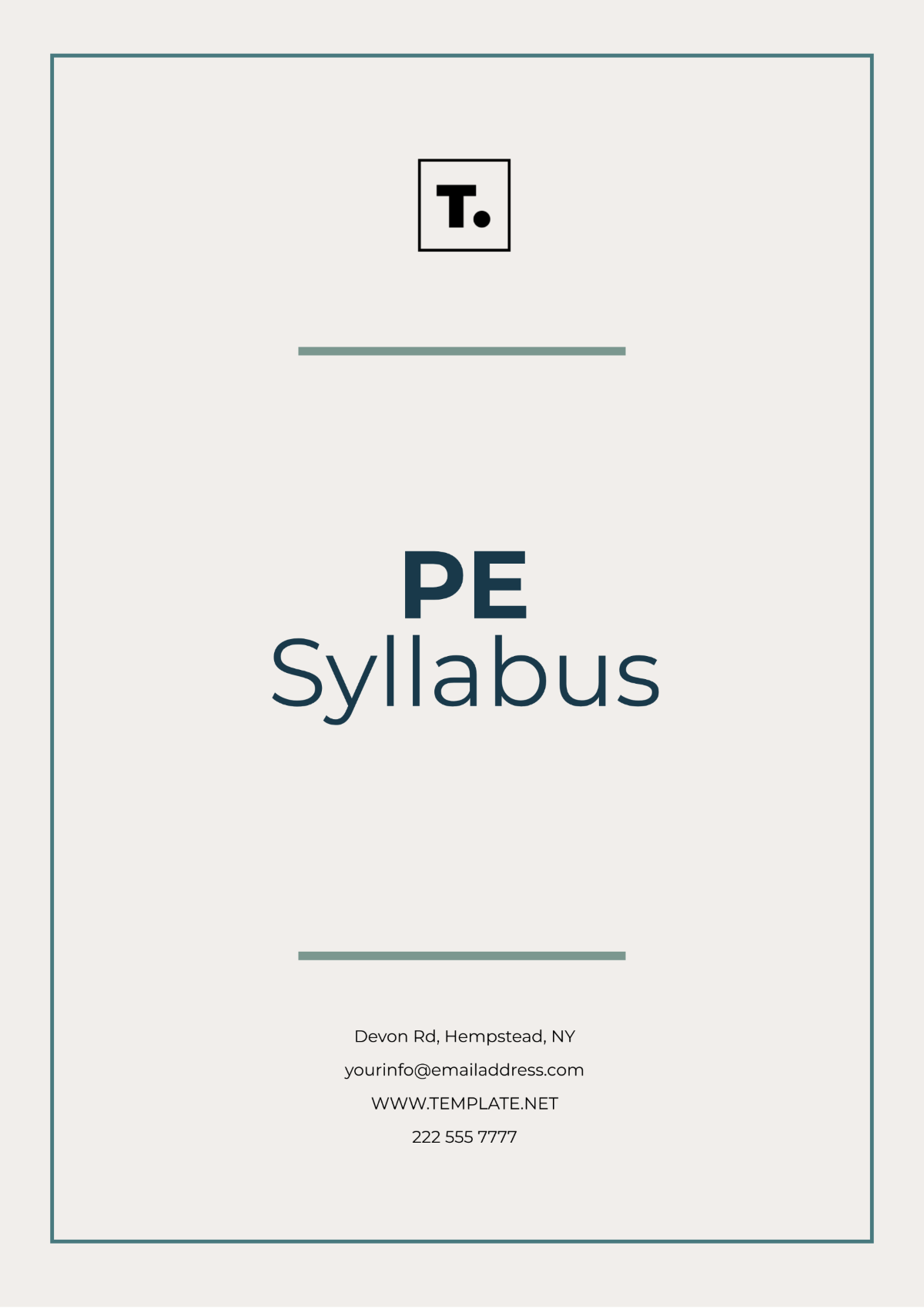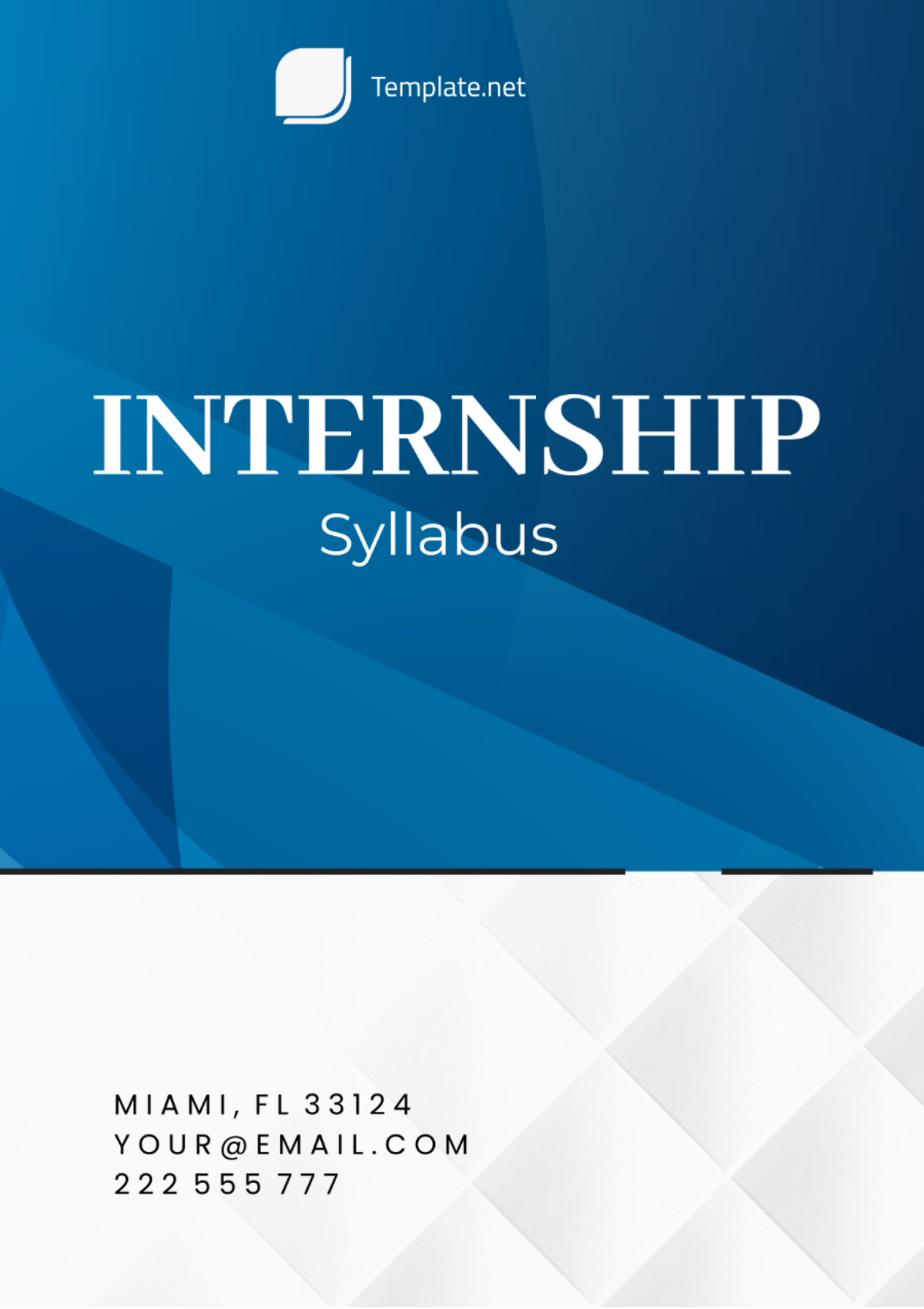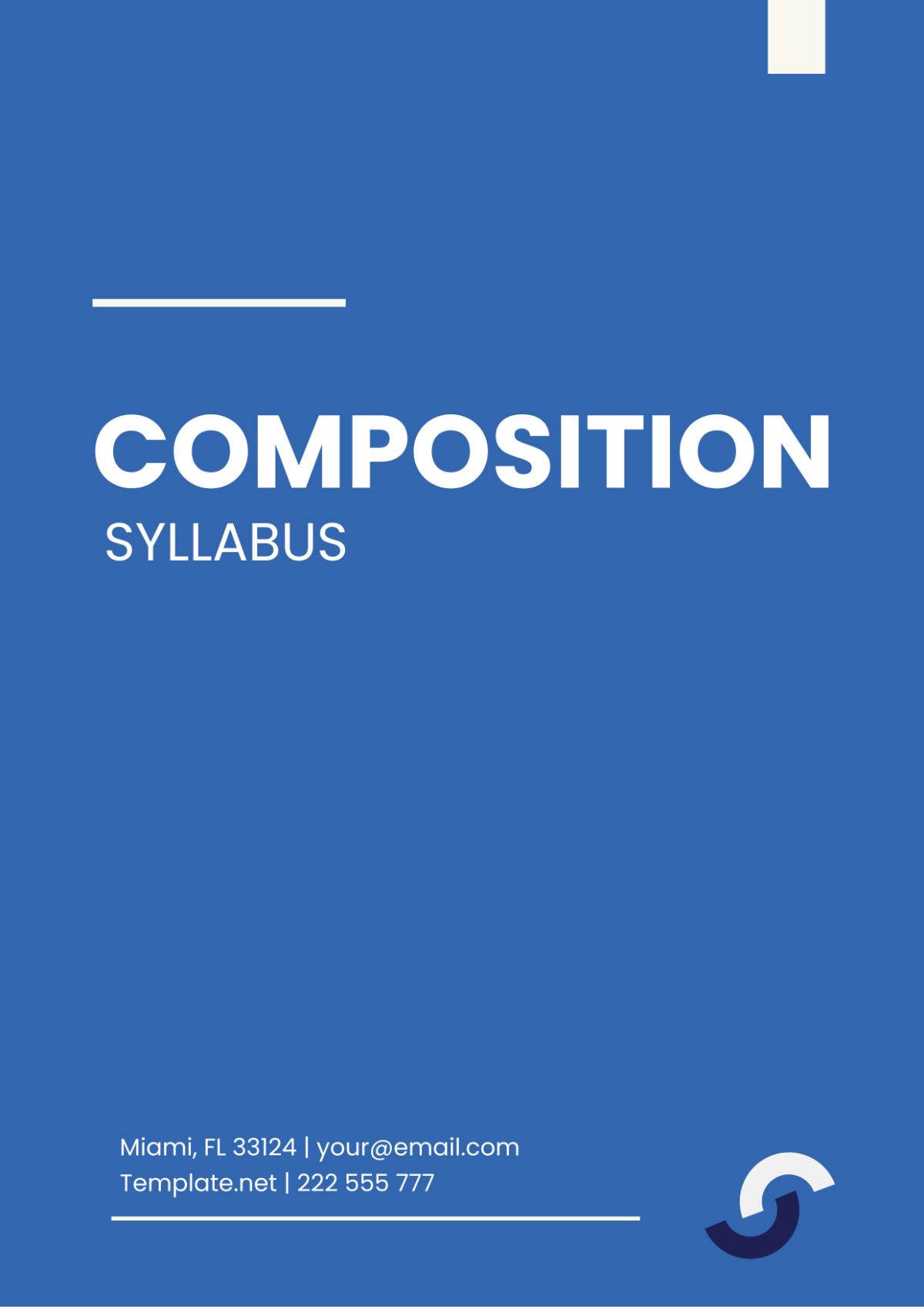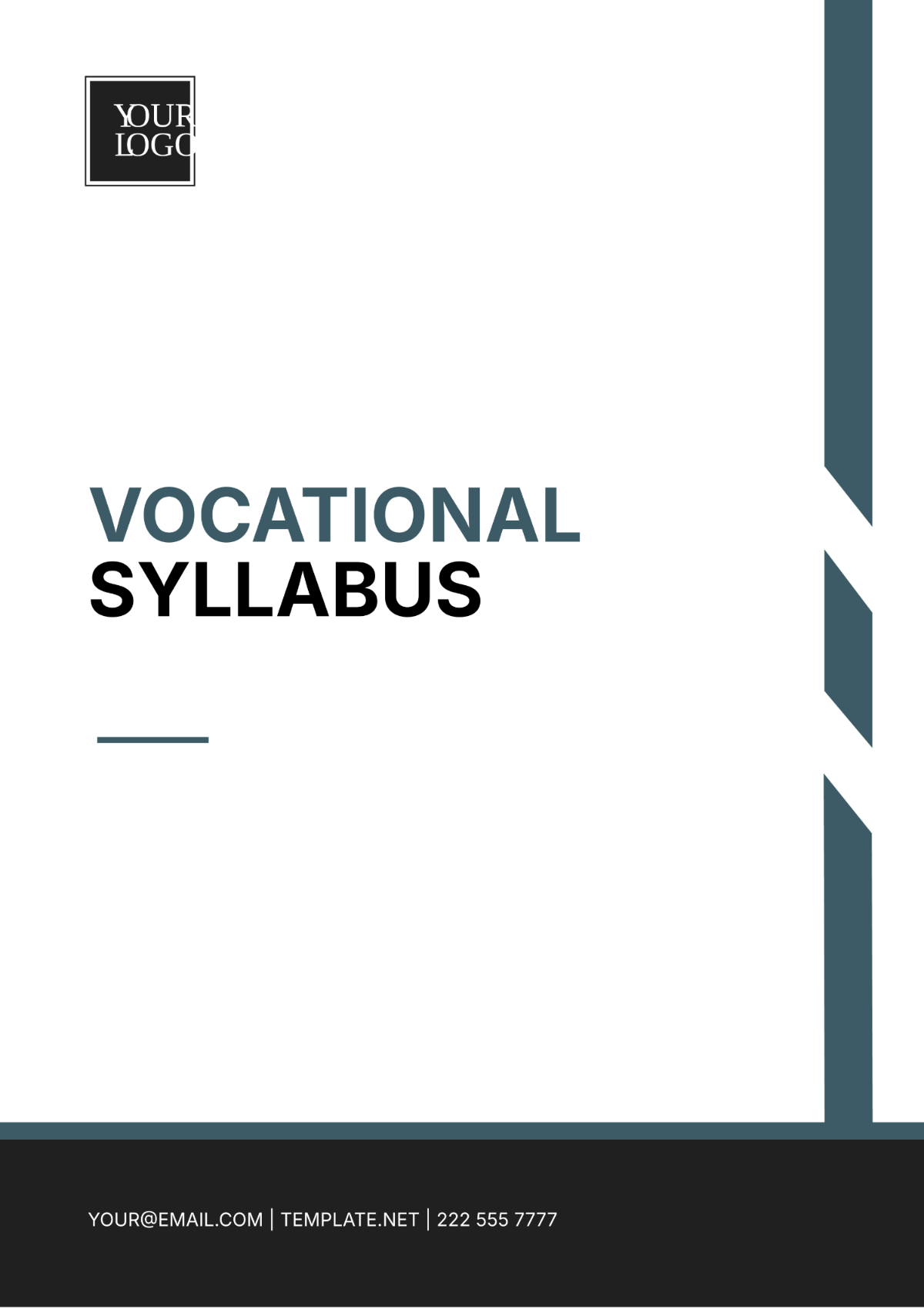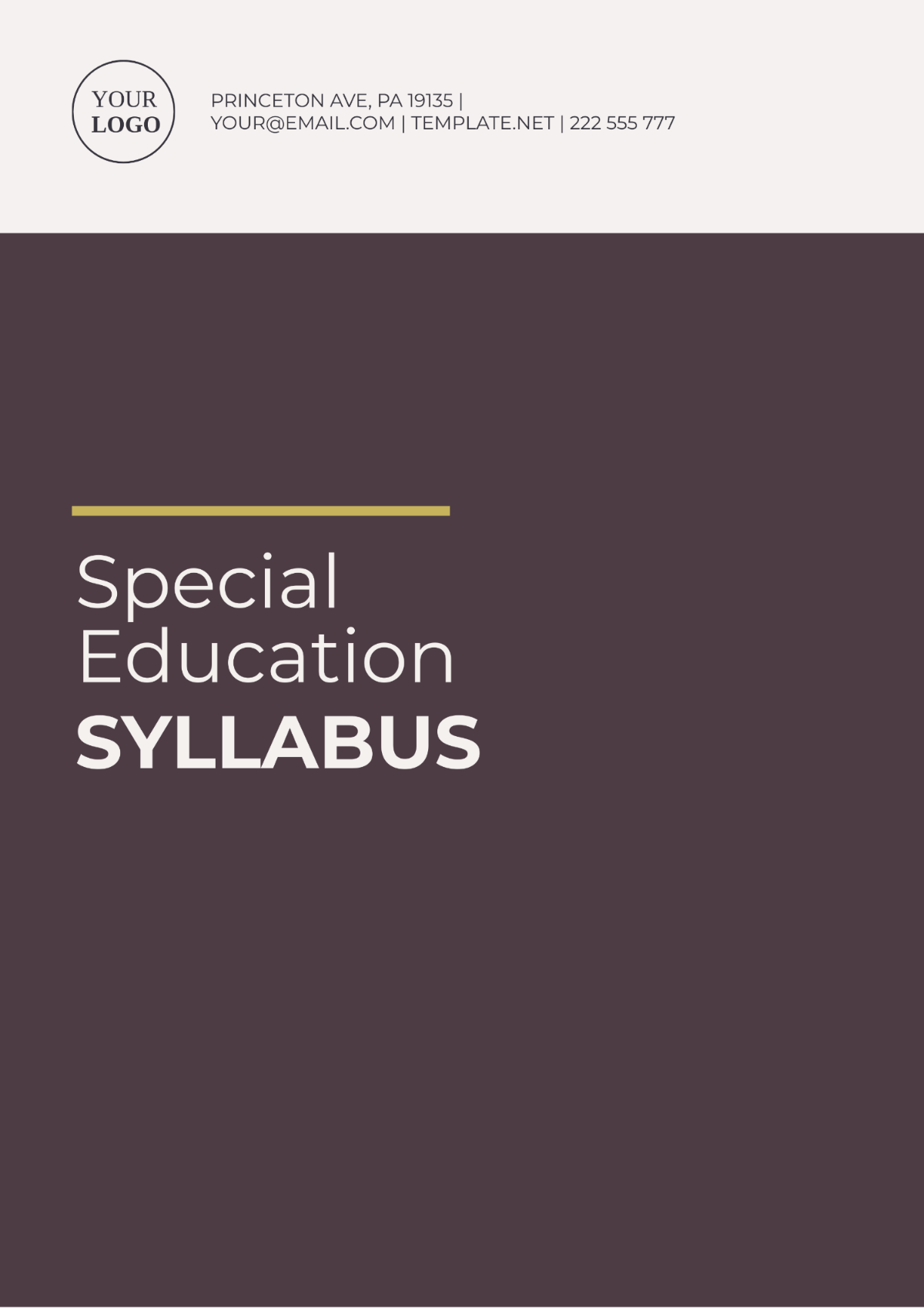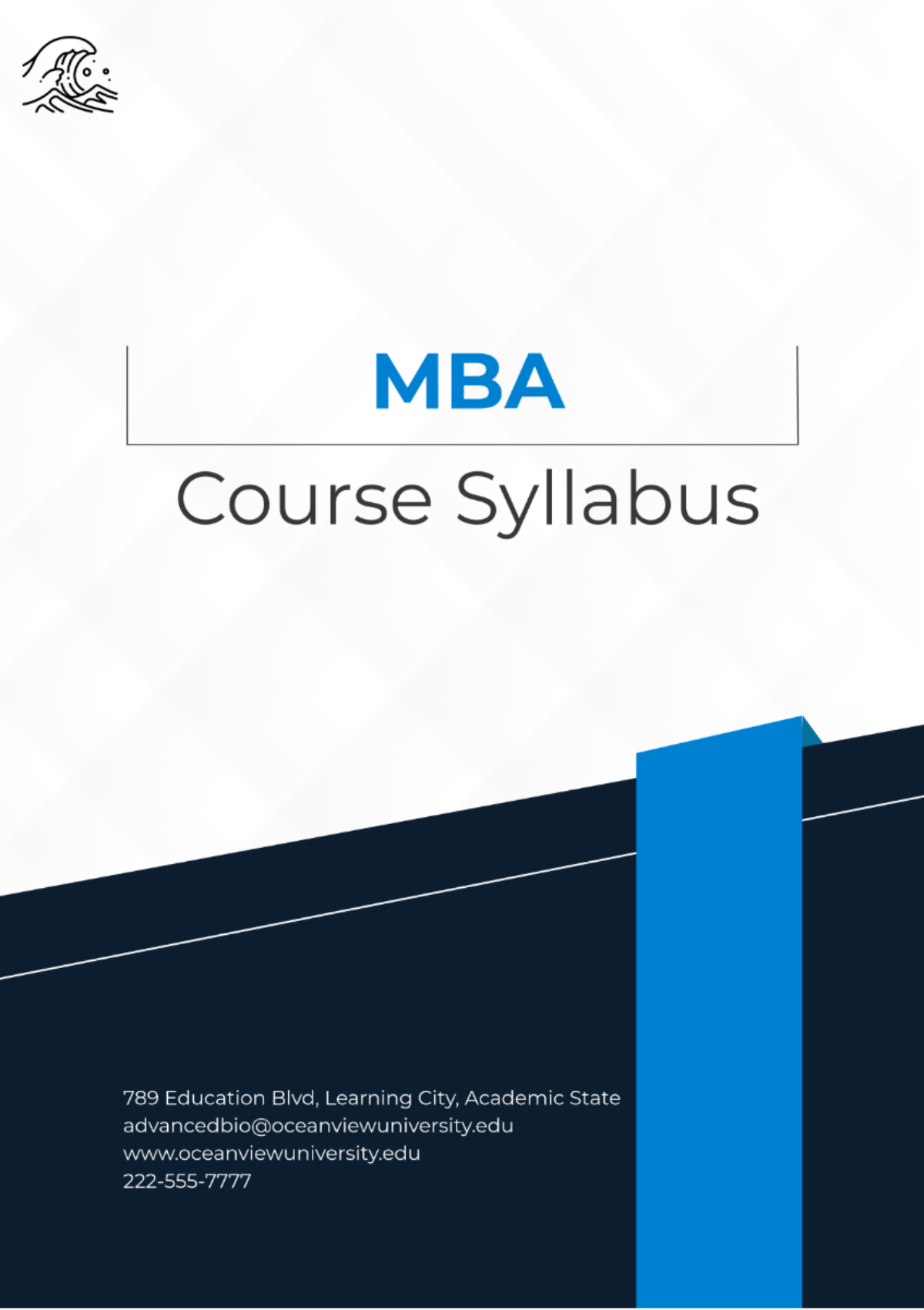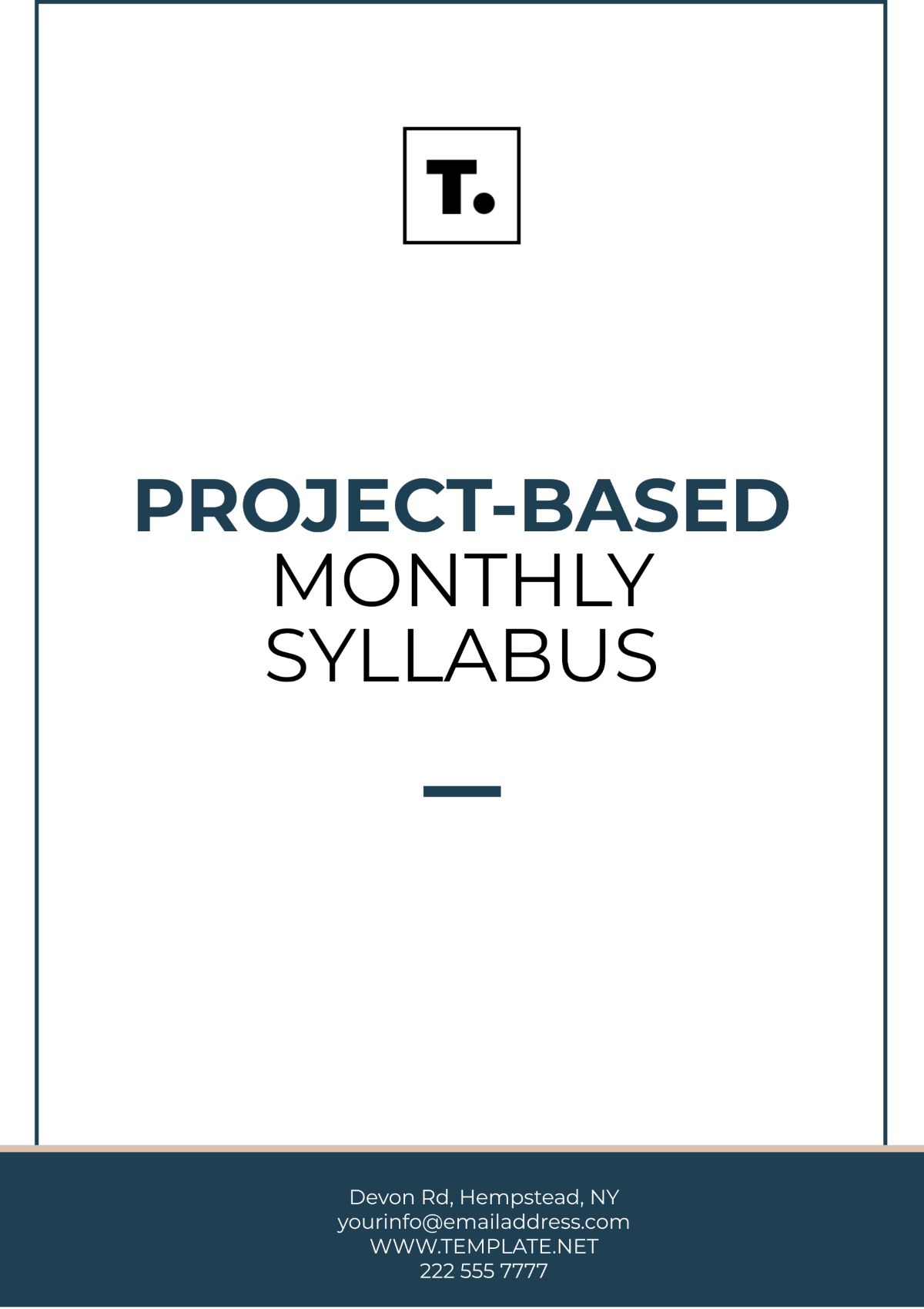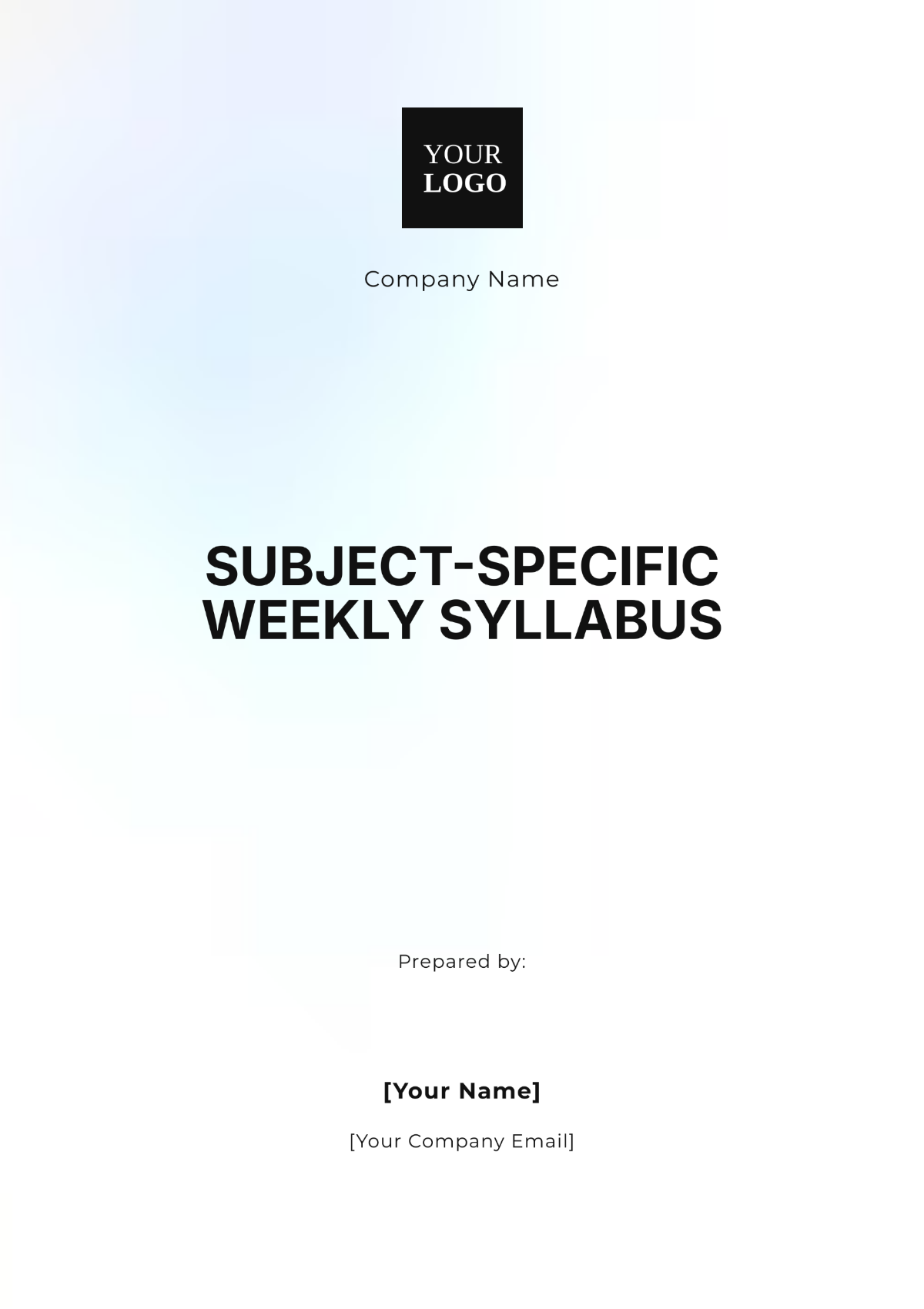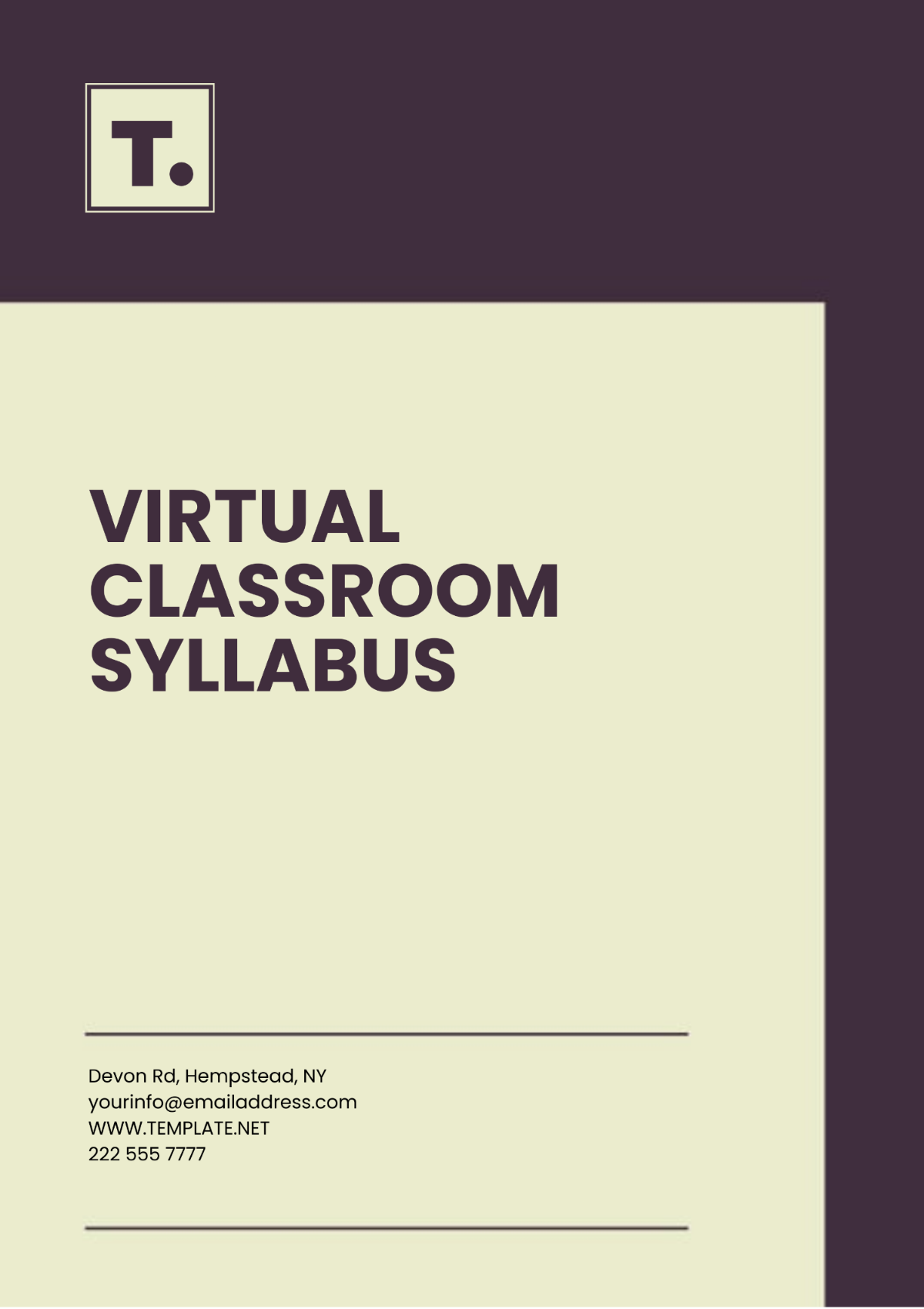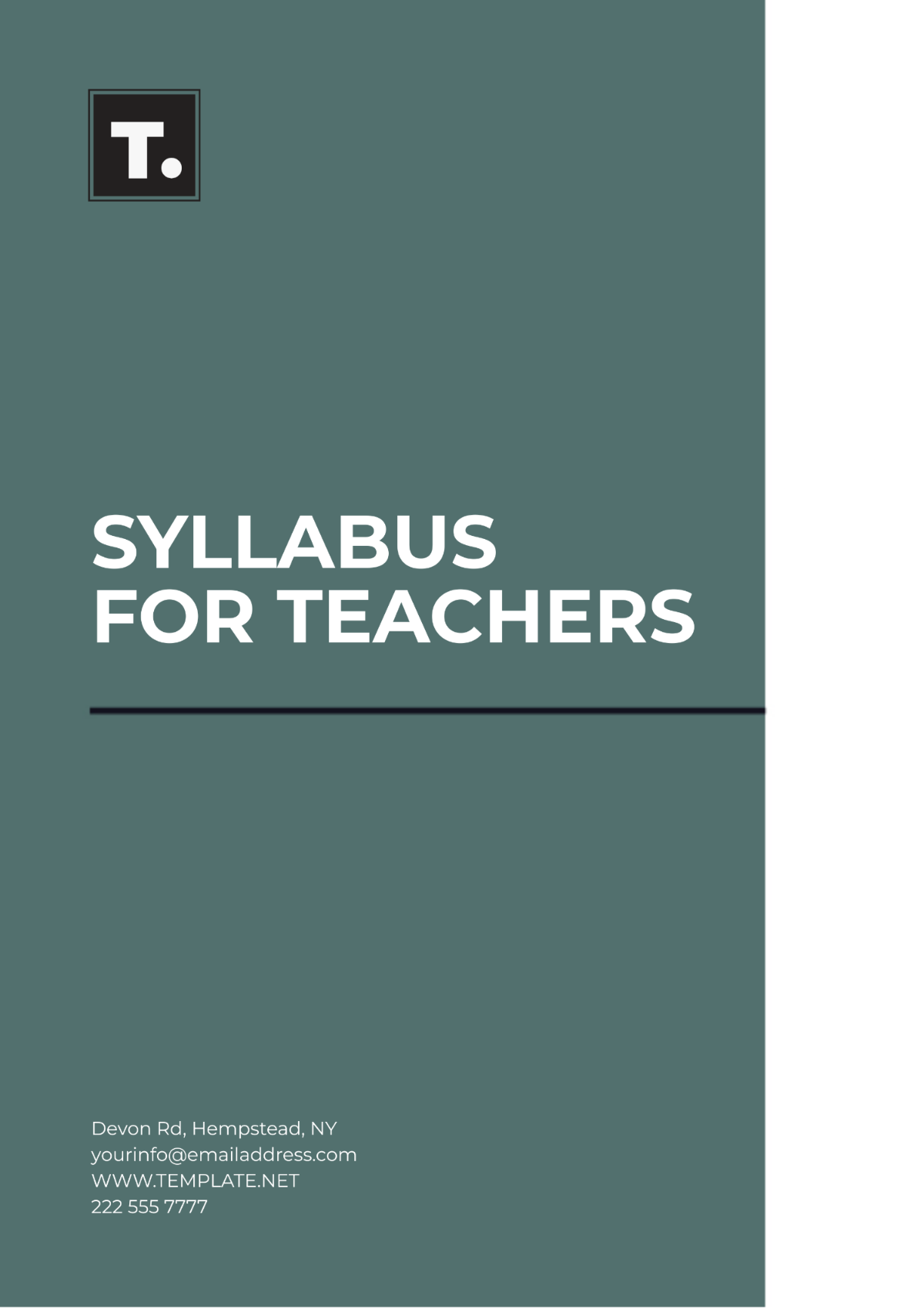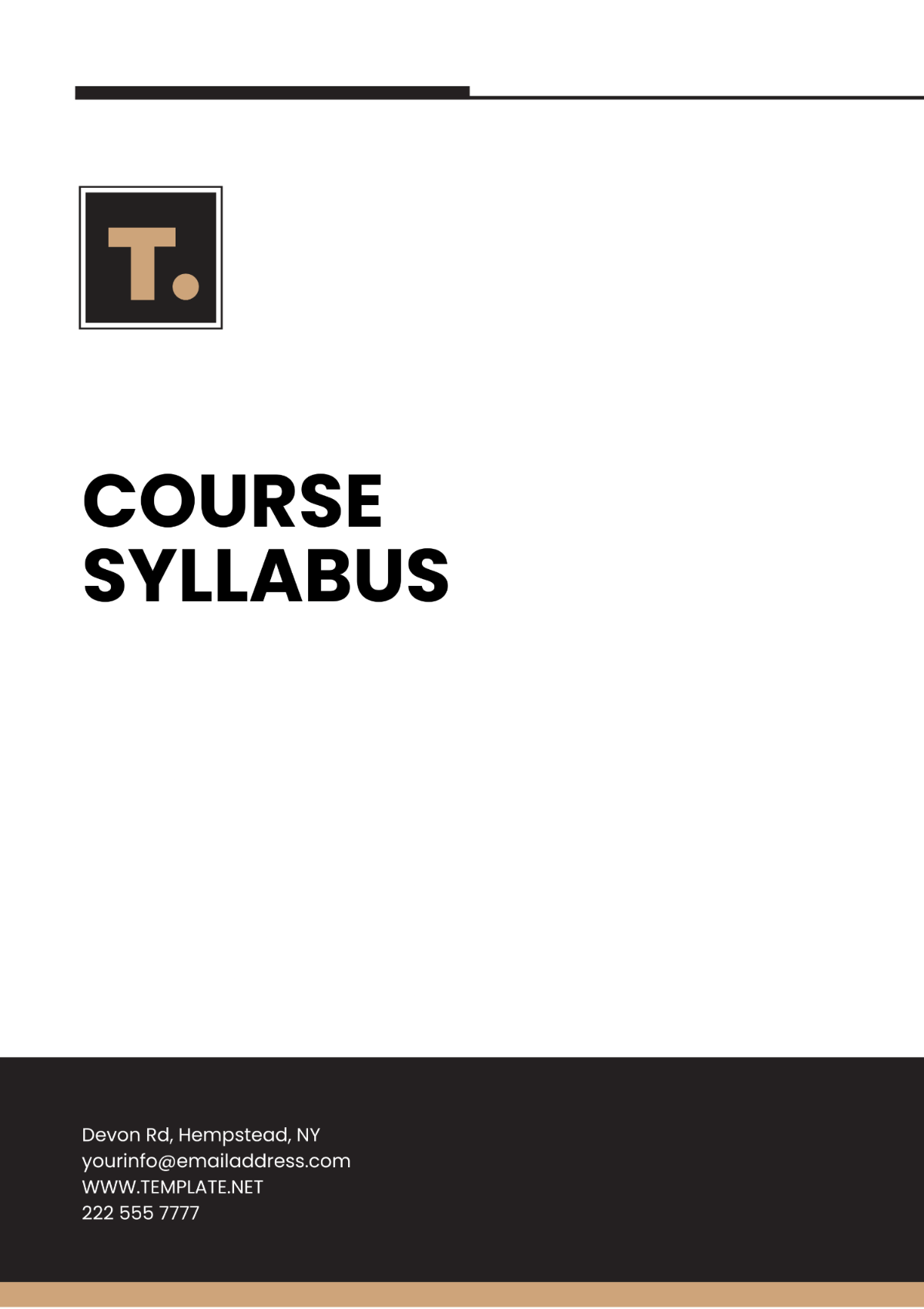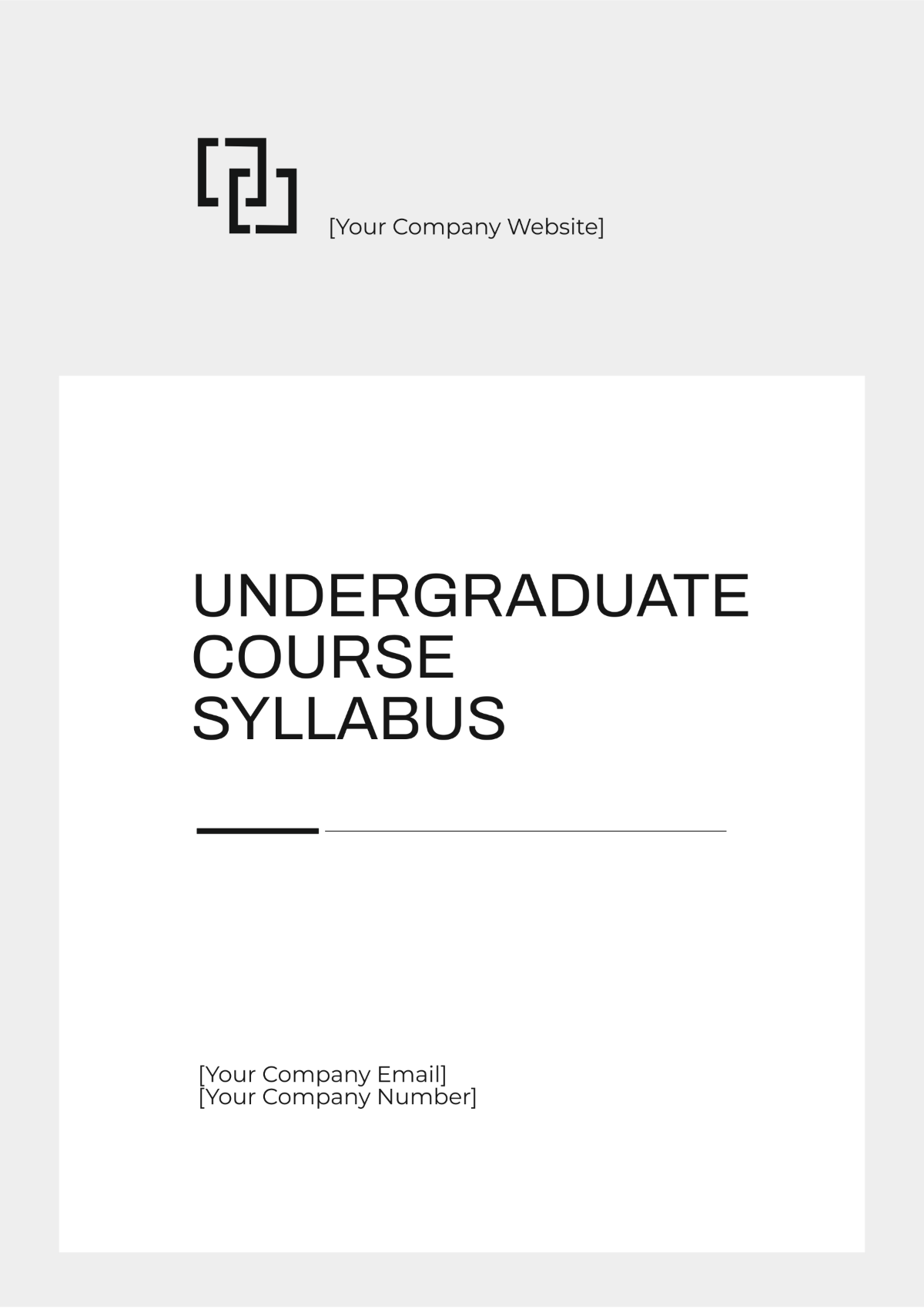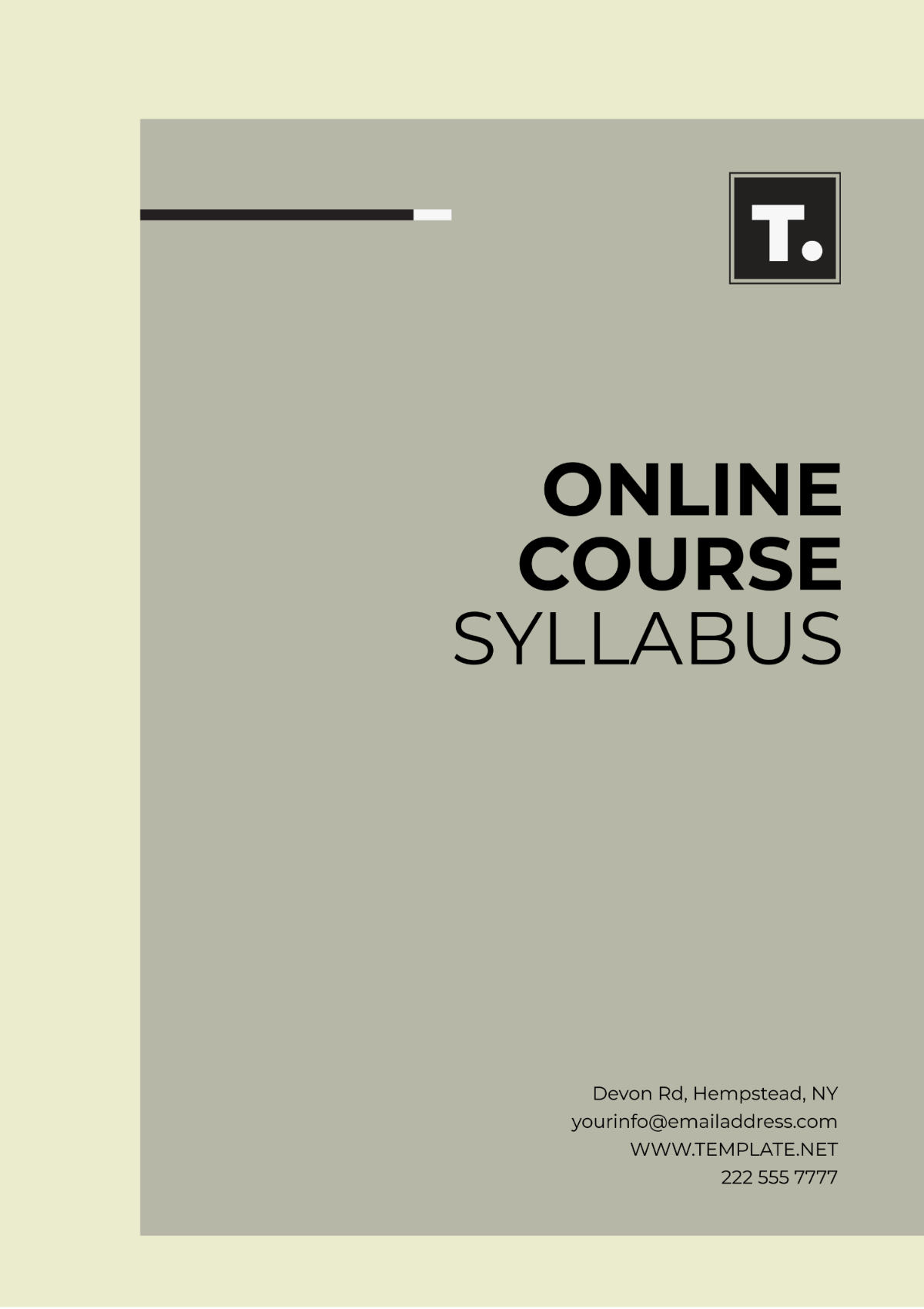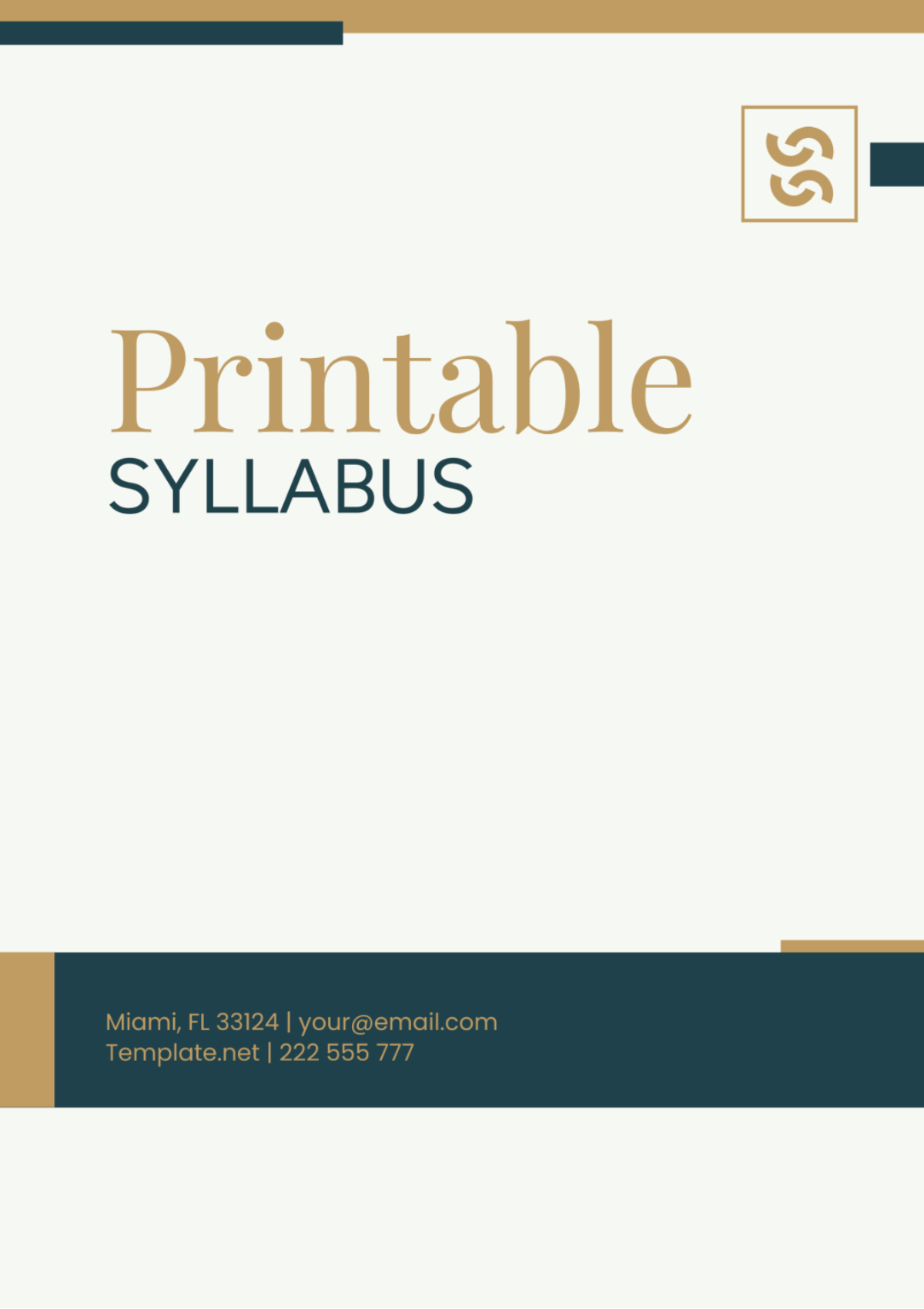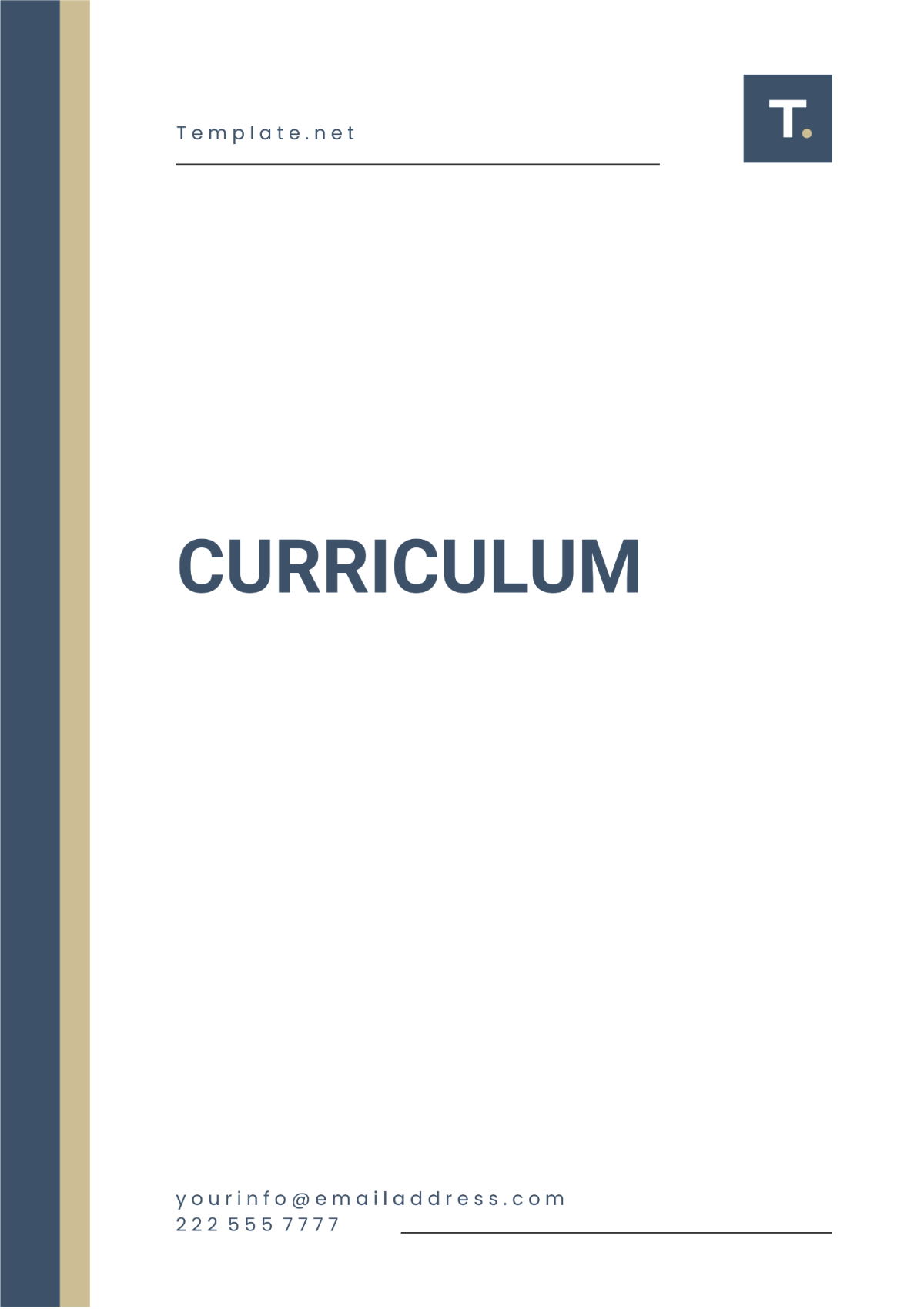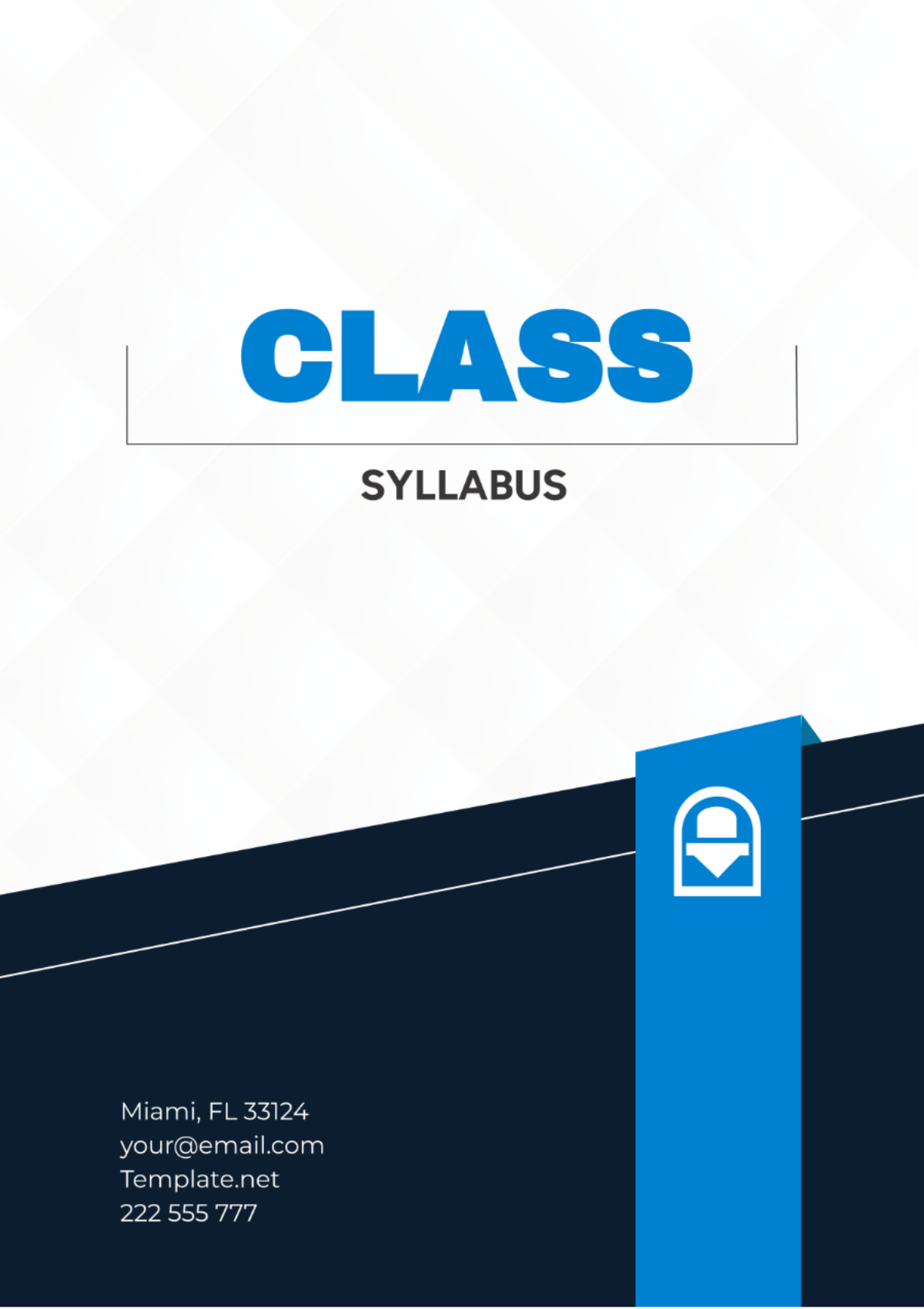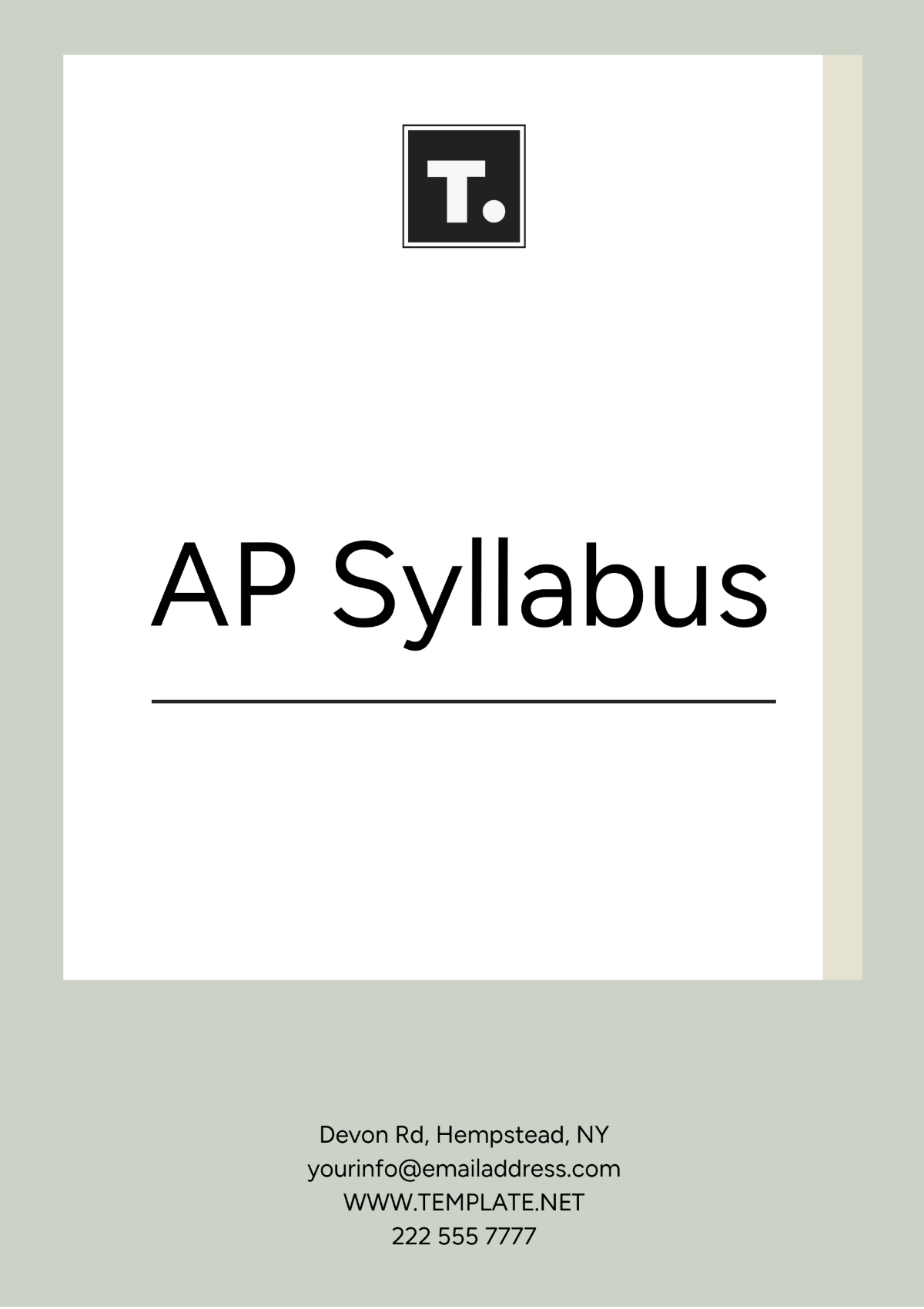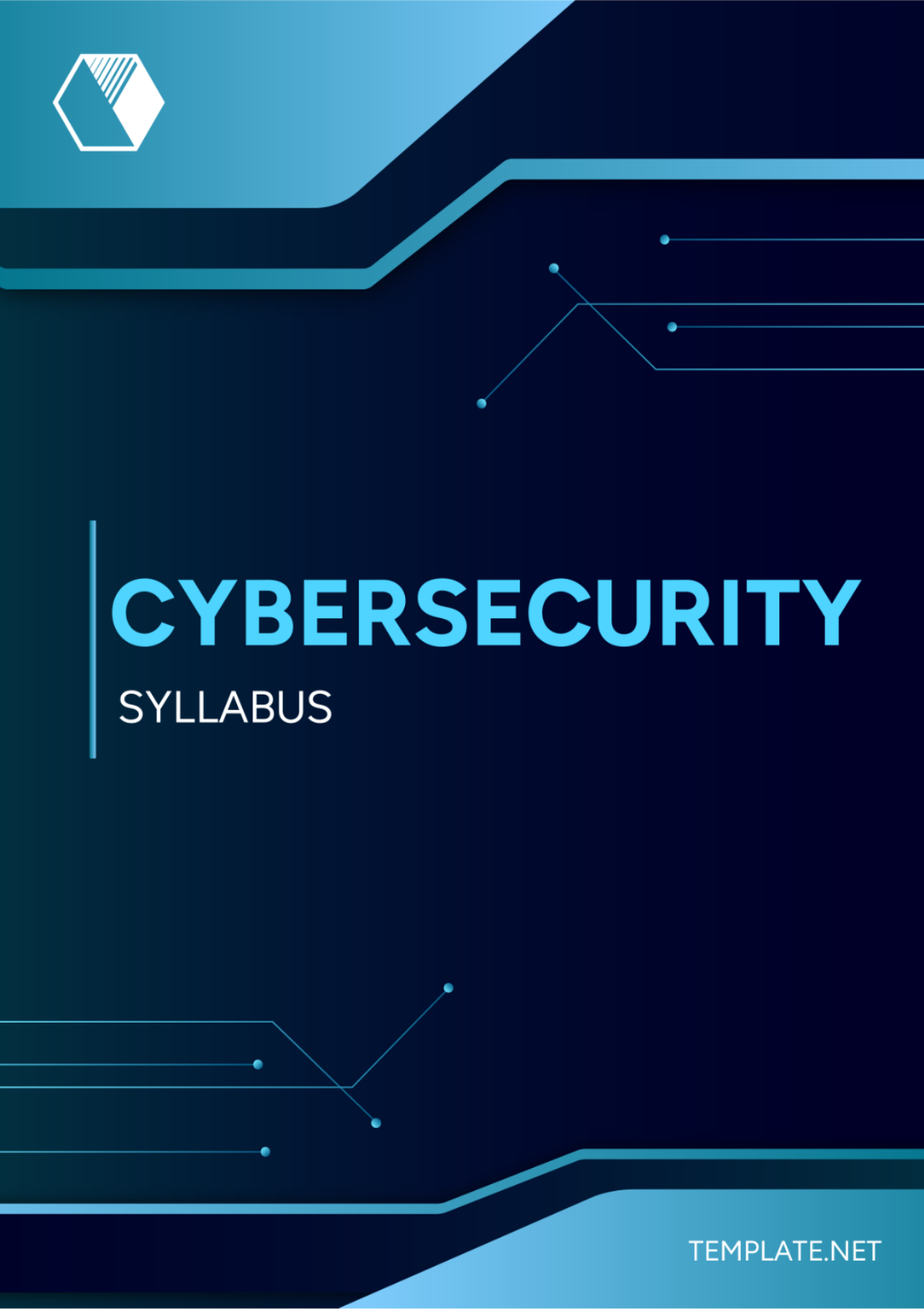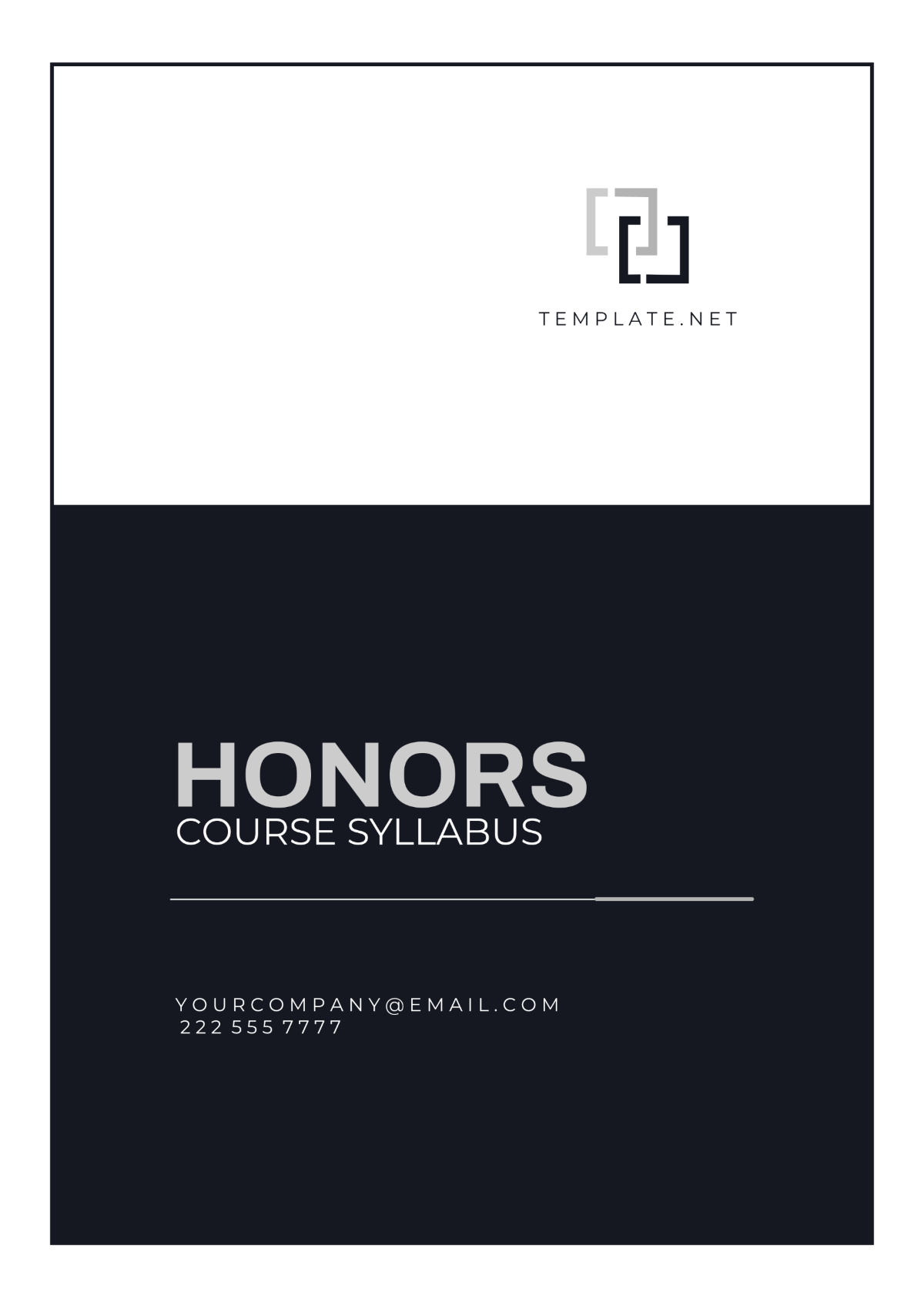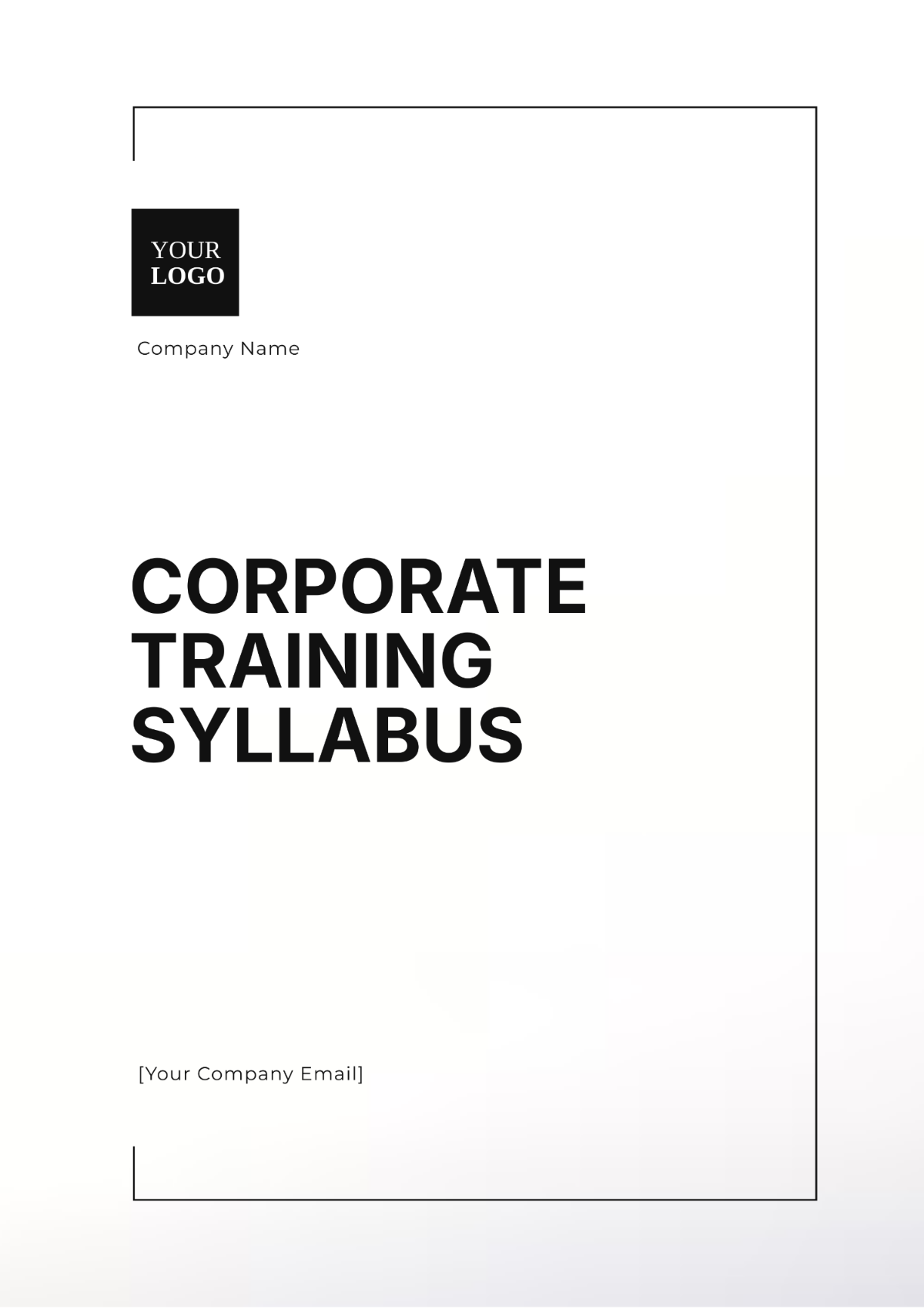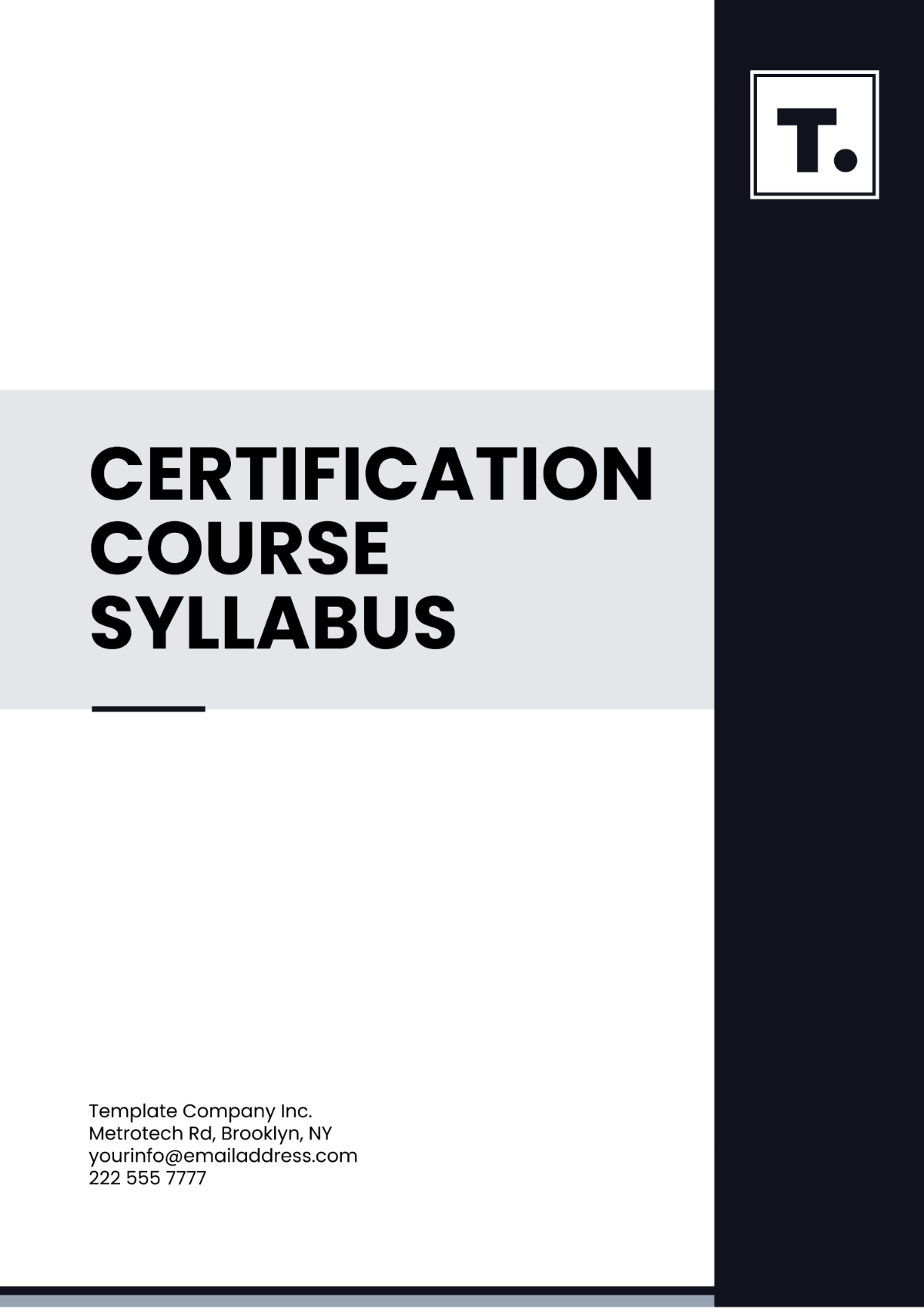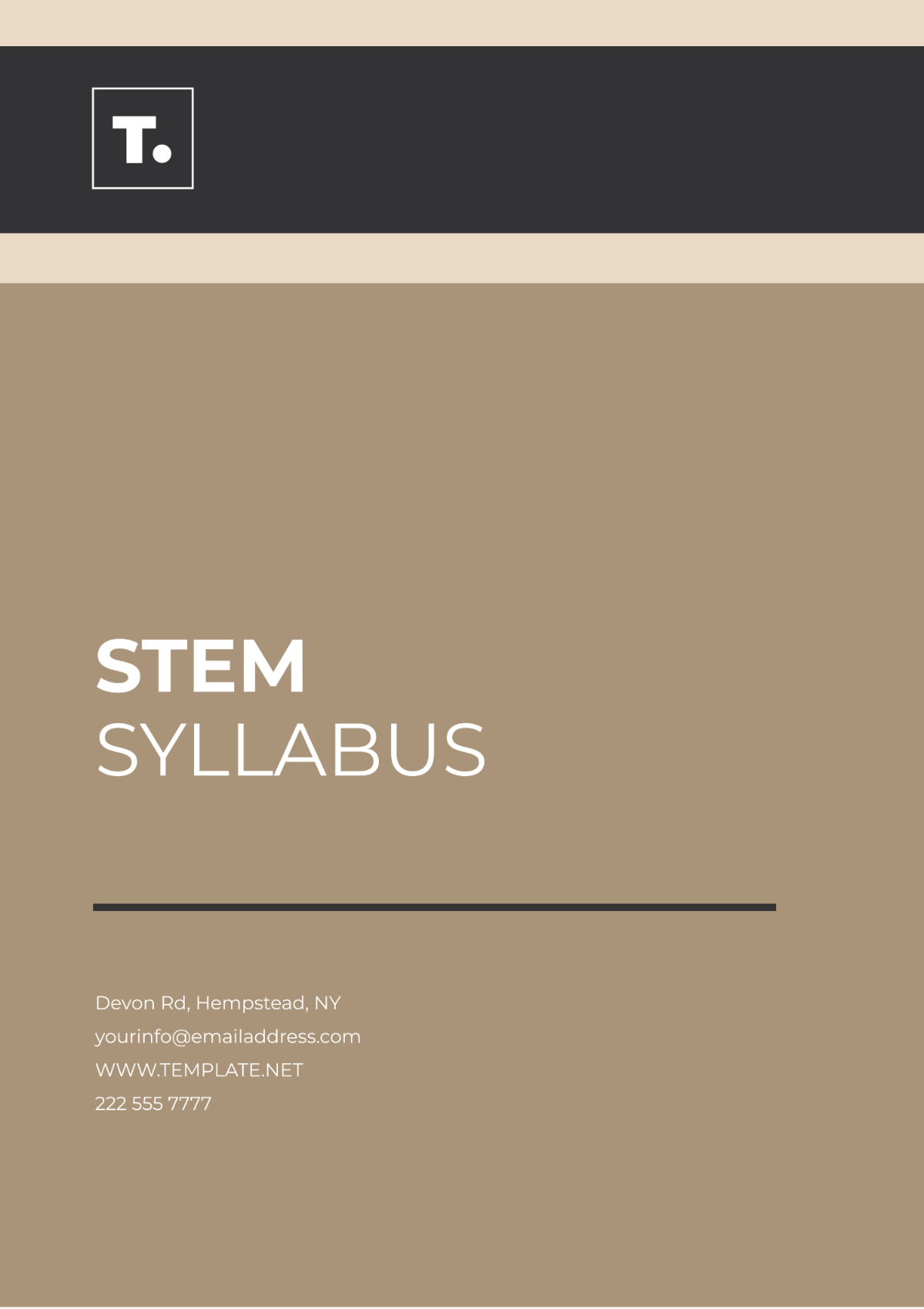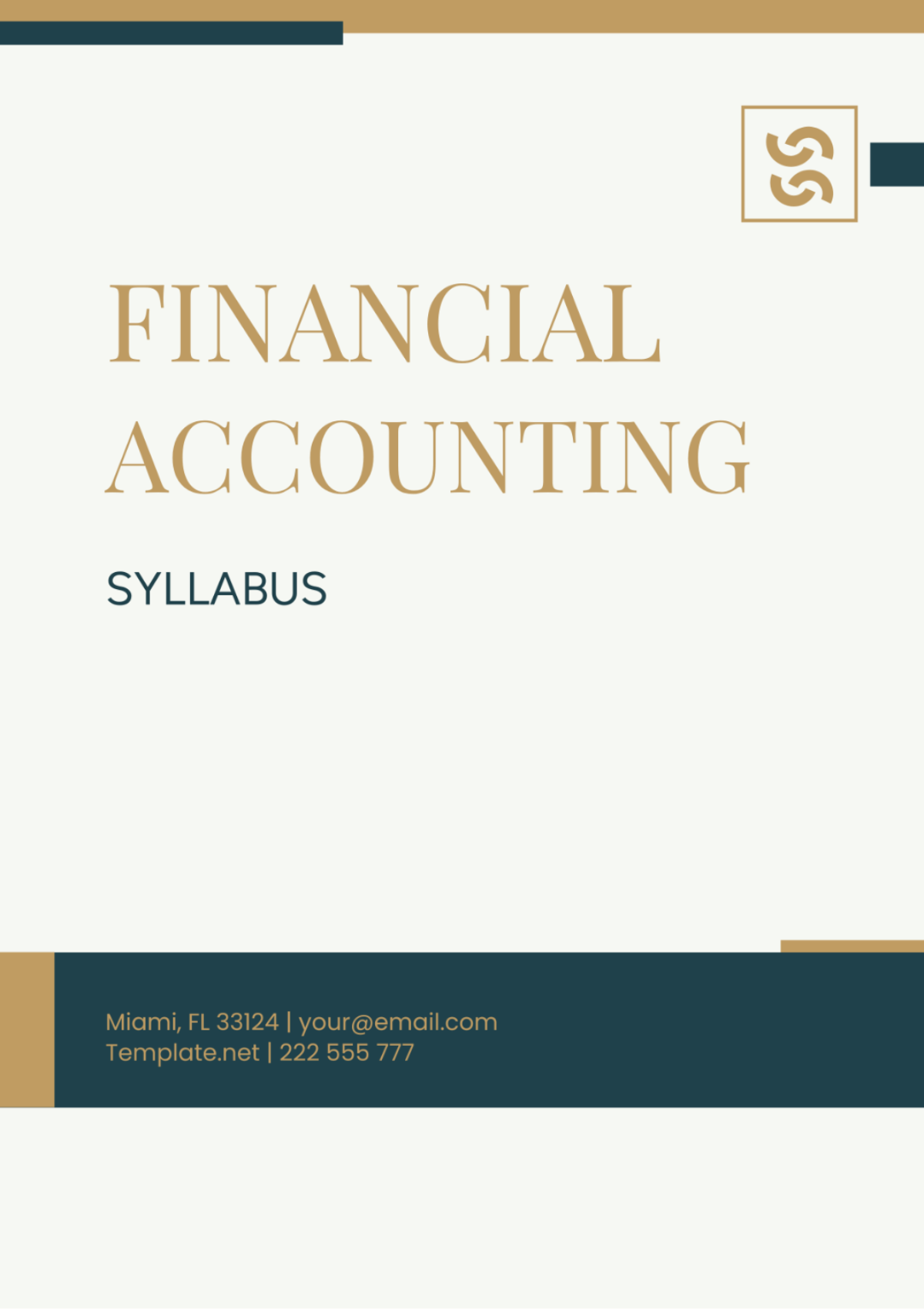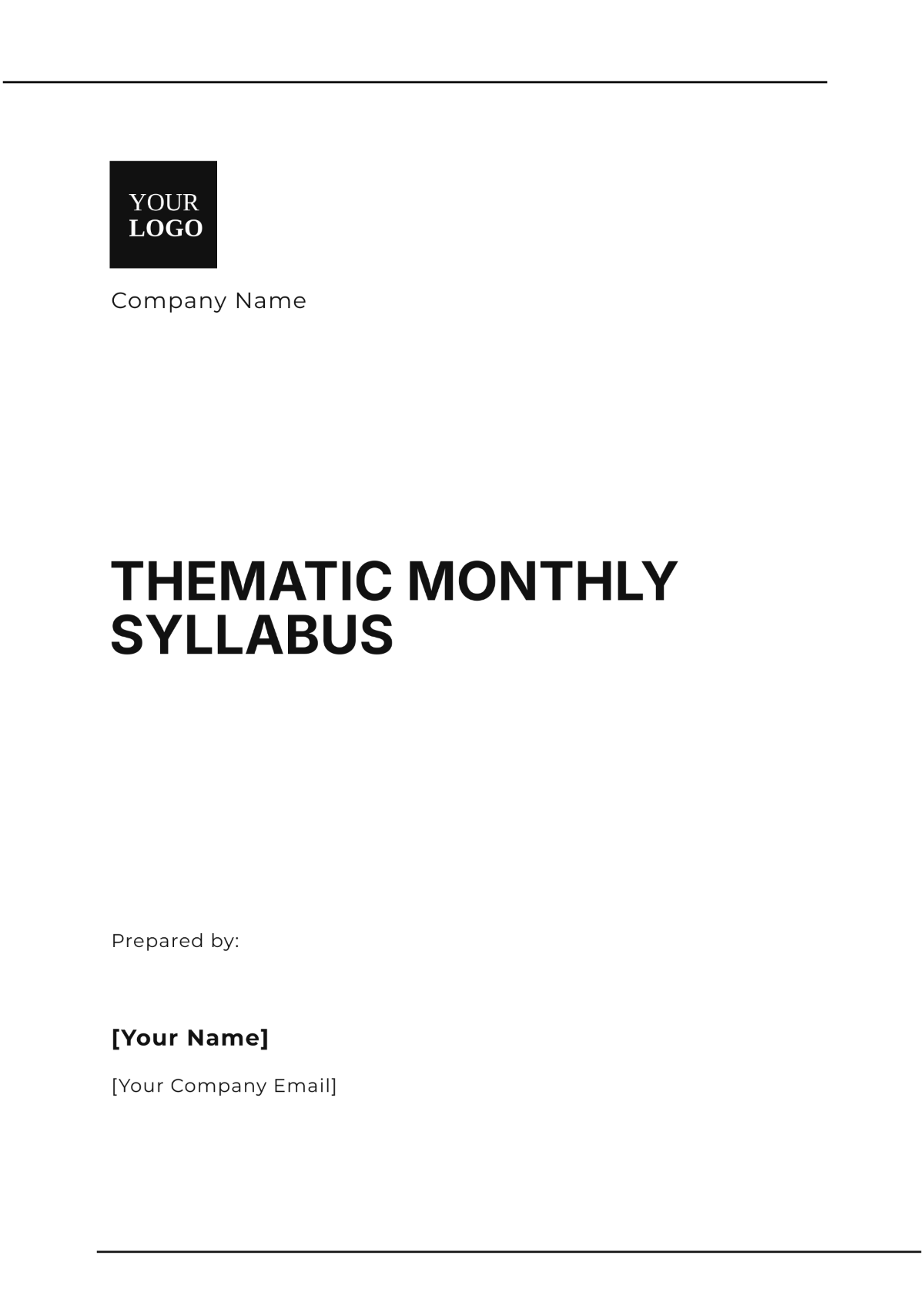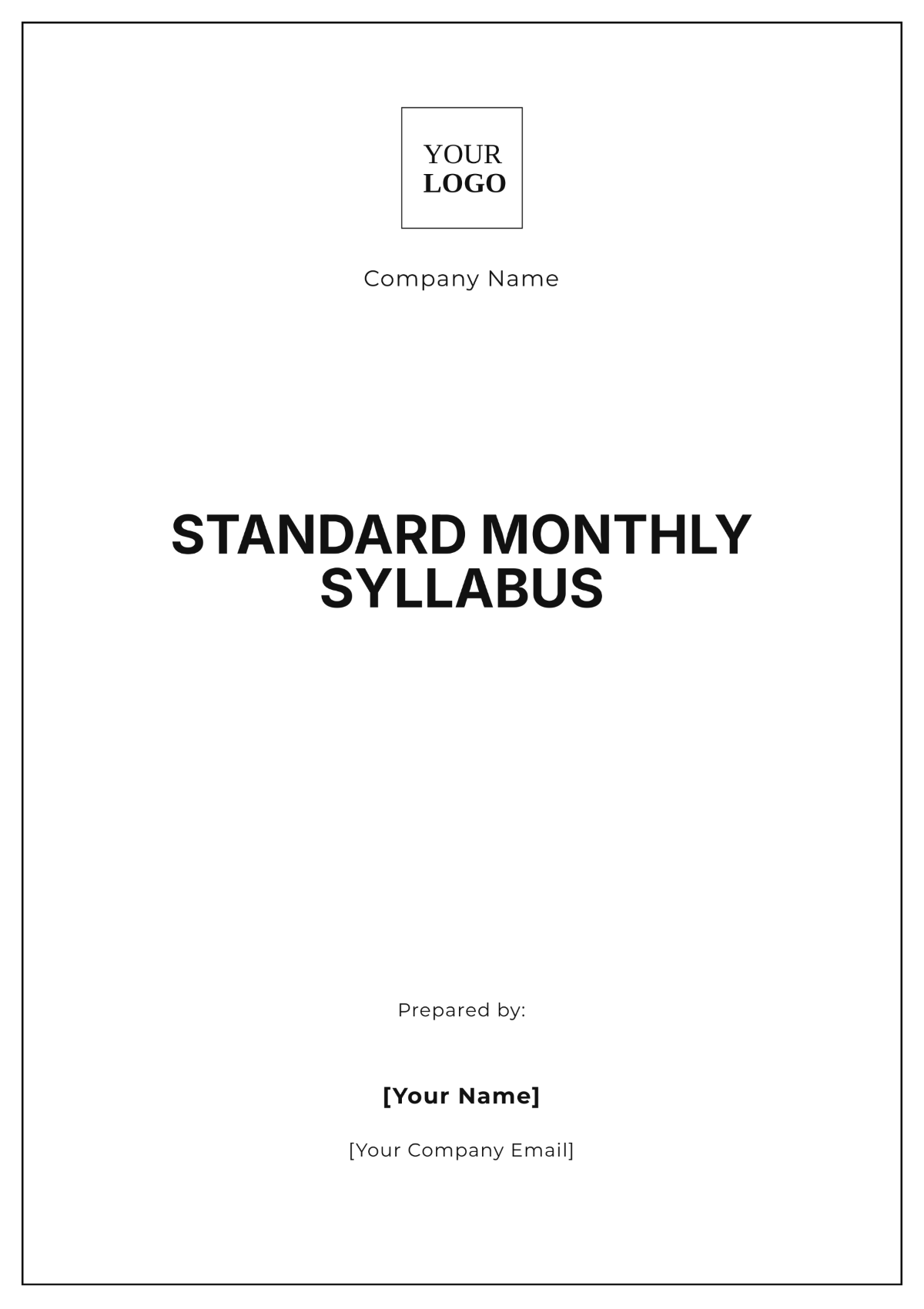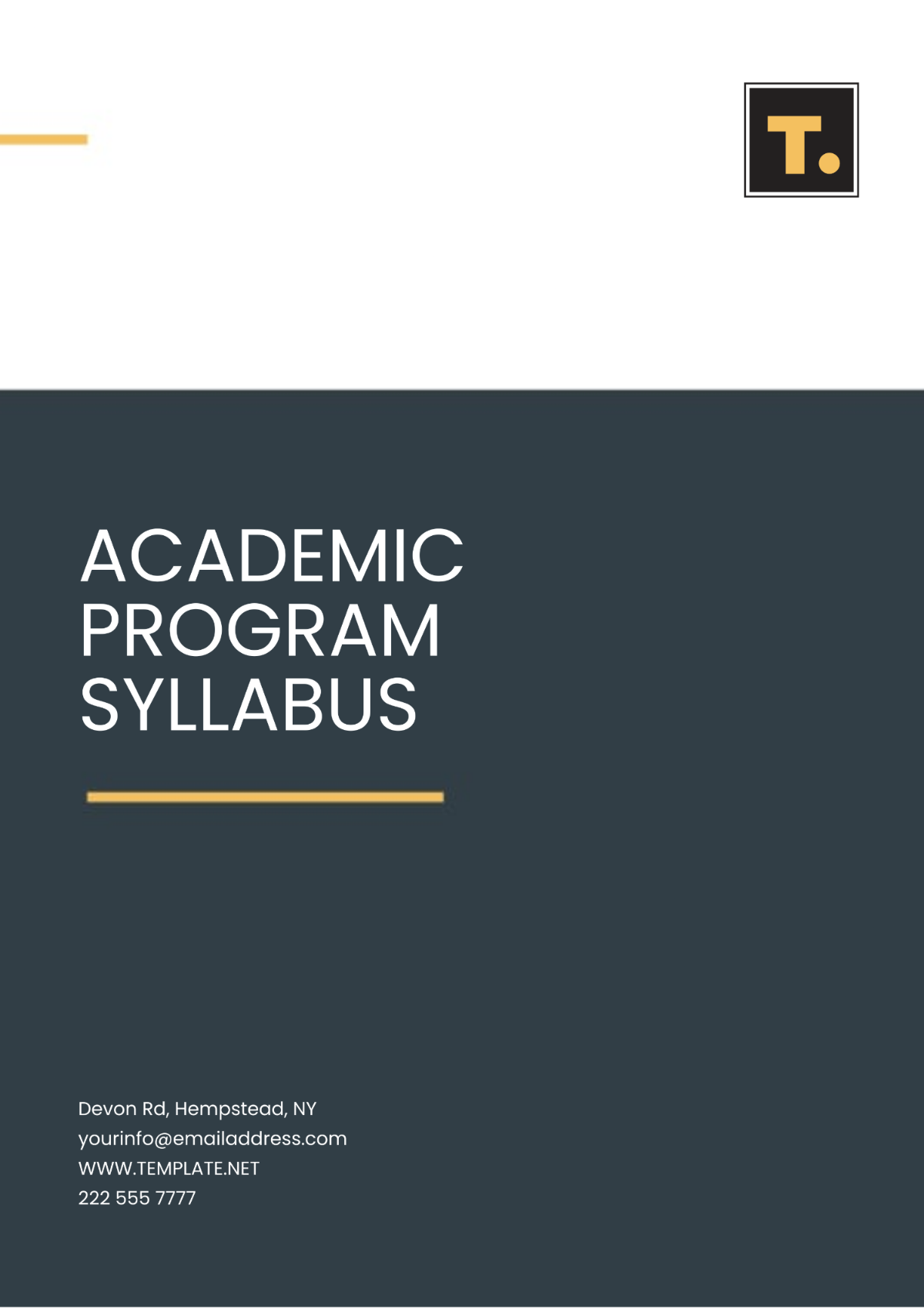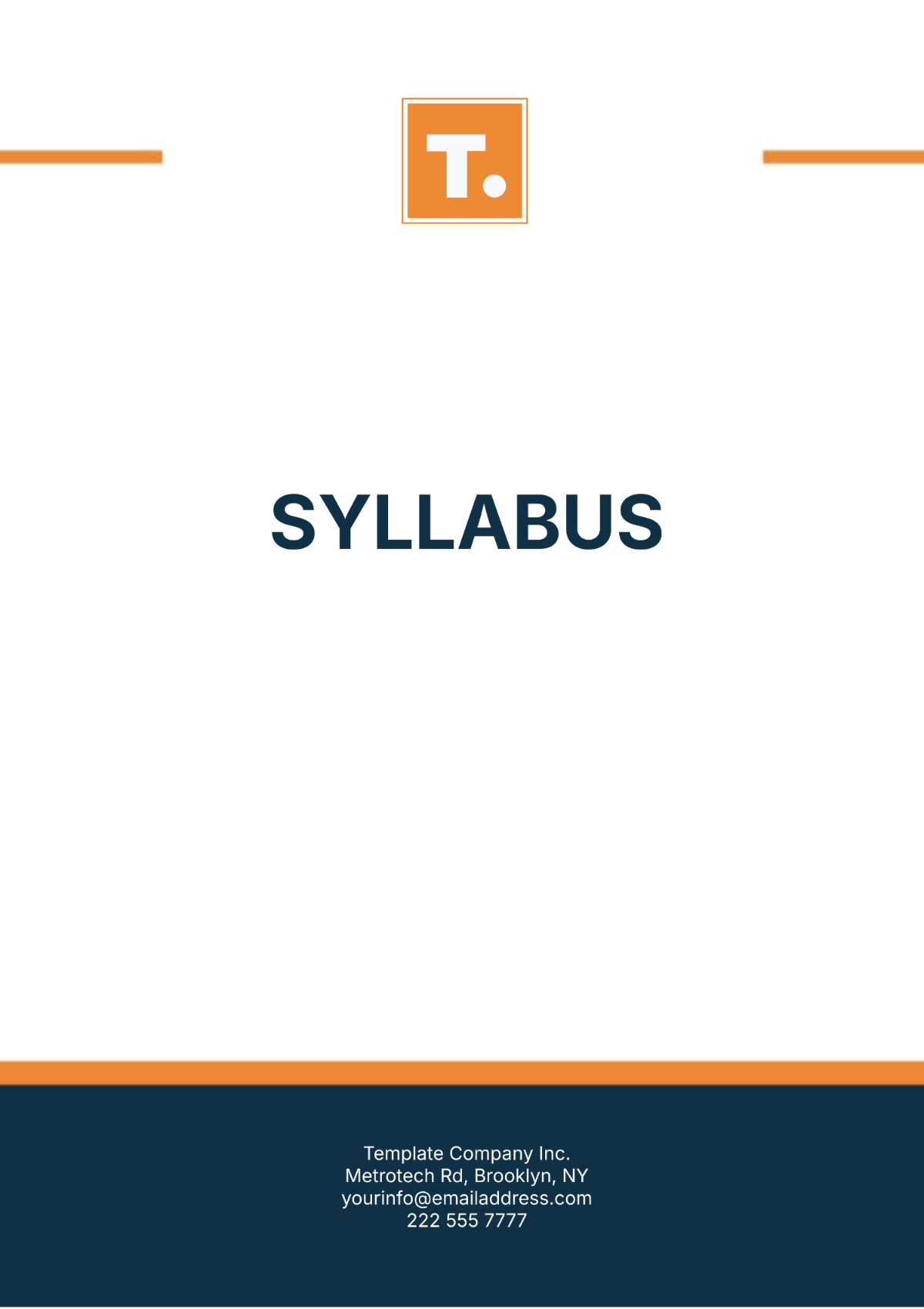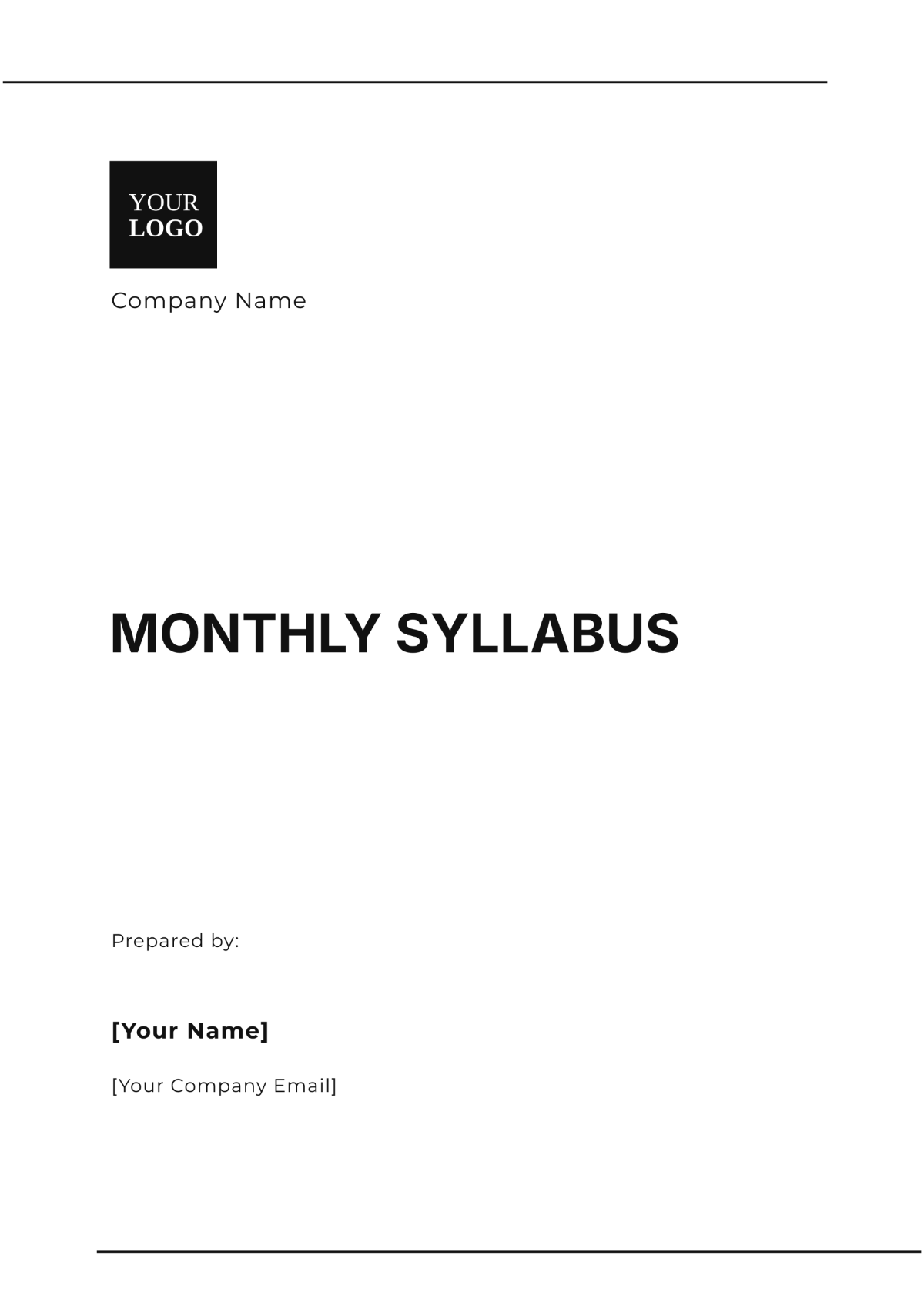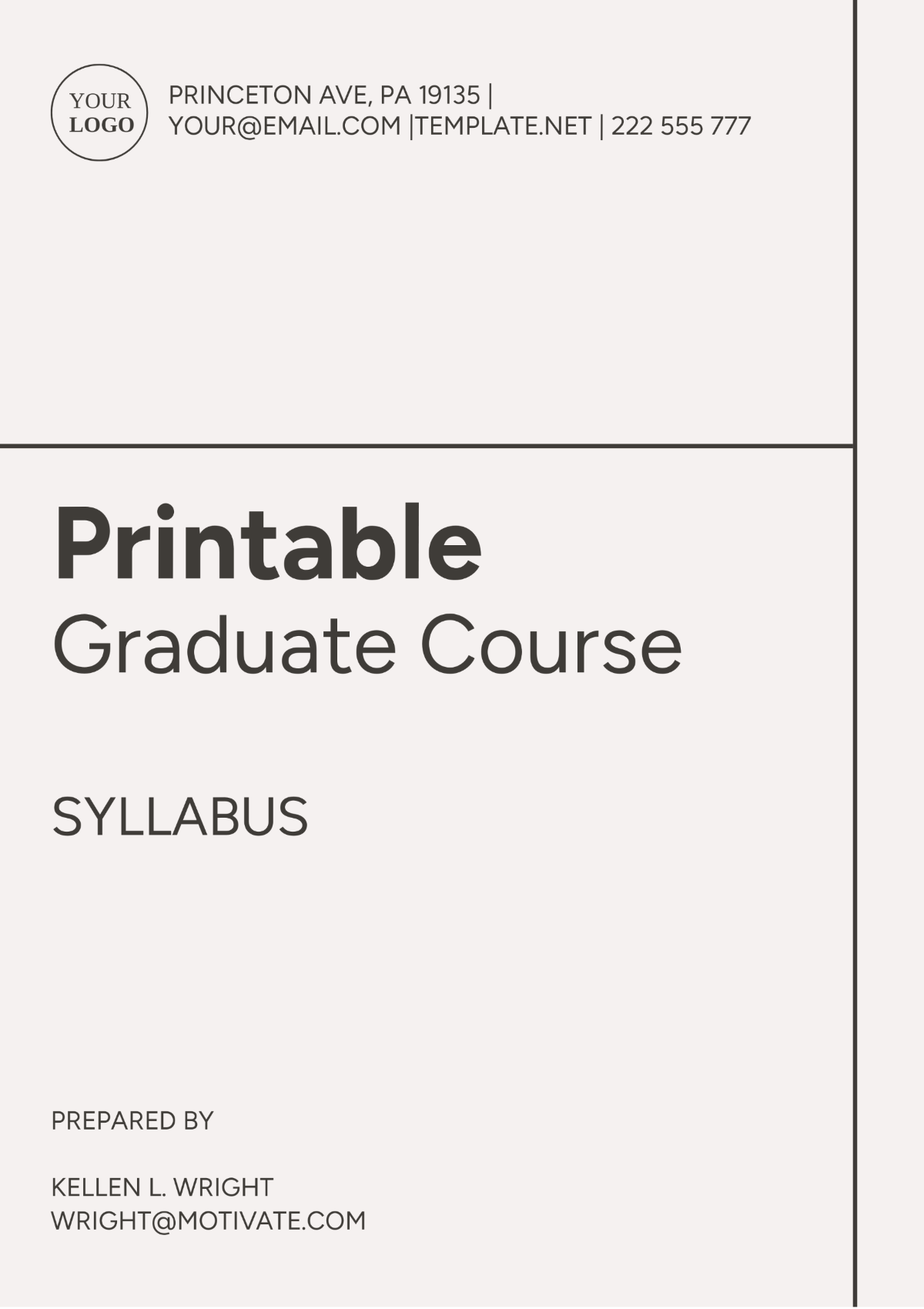MBA Course Syllabus
I. Course Information
This course, titled Strategic Management (Course Code: MBA 501), is offered during the Fall [Year] semester and carries 3 credits. Classes will take place on Mondays and Wednesdays from 6:00 PM to 8:30 PM in Room 205 of the Business Building. The course structure is designed to provide students with a comprehensive understanding of strategic management concepts through a blend of lectures, interactive discussions, and hands-on group activities.
The two weekly sessions will allow for in-depth exploration of key topics while promoting engagement among students. Attendees are expected to come prepared, having completed required readings and assignments, to facilitate rich discussions and collaborative learning experiences. This dynamic classroom environment is intended to not only impart theoretical knowledge but also to prepare students for real-world applications in their future careers.
II. Instructor Information
The course will be led by [Professor's Name], an experienced educator with a Ph.D. in Business Administration and a specialization in strategic management. Students can reach [Professor's Name] at [Professor's Email], and she encourages open communication to address any questions or concerns regarding the course material. Office hours are held on Tuesdays from 2:00 PM to 4:00 PM in Room 310, where students can receive additional support, discuss assignments, or seek guidance on course topics.
III. Course Description
This course provides a comprehensive and detailed exploration of concepts and frameworks related to strategic management, which are crucial for making effective business decisions. Students will engage in a rich blend of theoretical knowledge and practical application, delving into a variety of strategic models, tools, and case studies. These elements are designed to illuminate real-world situations, thereby enhancing students' understanding and ability to apply strategic management principles in actual business contexts.
The course places a significant emphasis on the development of critical thinking and analytical skills. This educational focus equips students with the ability to evaluate and devise effective strategies that are in harmony with the overarching goals of the organization. Furthermore, it also enables them to adeptly respond to the evolving conditions present in the marketplace.
IV. Course Objectives
The main goal of this course, in terms of the knowledge that students are expected to acquire, is for them to develop a thorough and detailed comprehension of the principles and theories that underlie strategic management. Additionally, students should be able to understand how these concepts can be practically applied across various types of business settings and environments, enriching their ability to effectively navigate and influence different organizational landscapes.
Moreover, students will cultivate crucial analytical and critical thinking skills that are indispensable for thoroughly assessing intricate business situations and devising robust strategic solutions. Furthermore, by the conclusion of the course, participants will experience significant advancements in their professional growth. They will achieve this through the refinement of their communication and collaboration capabilities, which will effectively prepare them to assume leadership positions within their respective industries.
V. Course Structure
The course is structured to provide a comprehensive overview of strategic management through weekly topics and assignments designed to reinforce learning. Below is a sample schedule outlining the topics covered each week, along with associated readings and assignment deadlines:
Week | Topic | Readings | Assignments |
|---|---|---|---|
1 | Introduction to Strategic Management | Ch [0] | None |
2 | Analyzing the External Environment | Ch [0] | Homework on external analysis (Due Week 3) |
3 | Internal Analysis and Resource-Based View | Ch [0] | Case study analysis (Due Week 4) |
4 | Competitive Strategies | Ch [0] | Group project topic selection (Due Week 4) |
5 | Corporate Strategy | Ch [0] | Homework on corporate strategies (Due Week 6) |
6 | Strategic Leadership | Ch [0] | None |
7 | Mergers and Acquisitions | Ch [0] | Midterm review preparation (Due Week 8) |
8 | Midterm Exam | Ch [0] | Midterm Exam (Week 8) |
This structured approach allows students to progressively build their understanding of strategic management while engaging with both theoretical concepts and practical applications. Assignments are designed to reinforce learning objectives, with deadlines ensuring timely feedback and continuous improvement.
VI. Required Readings and Resources
Students are expected to engage with the following essential readings and resources to succeed in this course:
Type | Details | Availability |
|---|---|---|
Textbooks | Grant, R. M. (2019). Contemporary Strategy Analysis (10th ed.). Wiley. | Available at the campus bookstore and online retailers. |
Articles | Selected readings from Harvard Business Review and Strategic Management Journal. | Access through the university library database. |
Online Resources | Course website with lecture notes, discussion forums, and additional materials. | Accessible via the university's online learning platform. |
Additional Materials | Case studies provided during class sessions. | Distributed in class; digital copies available on the course website. |
These resources will provide students with the necessary foundation to understand the complexities of strategic management and facilitate deeper learning.
VII. Assessment and Grading
Assessment in this course will be based on a combination of exams, projects, participation, and written assignments, designed to evaluate students' understanding and application of strategic management principles. Below is a breakdown of the grading components:
Component | Weight (%) | Description |
|---|---|---|
Midterm Exam | [00] | A comprehensive exam covering material from Weeks 1-7. |
Final Exam | [00] | A final assessment covering all course content. |
Group Project | [00] | Team presentation on a strategic analysis of a selected company. |
Individual Research Paper | [00] | A detailed analysis of a chosen company's strategic approach. |
Class Participation | [00] | Based on engagement during discussions and activities. |
This grading structure ensures a balanced evaluation of students’ academic performance, encouraging a holistic approach to learning while promoting collaborative and independent work.
VIII. Course Policies
A. Attendance Policy
Attendance is crucial for success in this course, as each session builds on the previous ones, promoting a continuous learning environment. Students are expected to attend all classes, and more than two unexcused absences may result in a decrease in the overall course grade, reflecting the importance of participation and engagement.
B. Late Submission Policy
Timeliness in submitting assignments is essential for maintaining course progression and accountability. Late assignments will incur a penalty of 10% of the total grade per day, and submissions will not be accepted beyond one week past the deadline unless prior arrangements have been made with the instructor.
C. Academic Integrity Policy
Upholding academic integrity is a fundamental expectation in this course, and all students must adhere to the university’s policies regarding plagiarism and cheating. Any violations will result in disciplinary action, which may include failing the assignment or the course, emphasizing the importance of honesty and integrity in academic work.
D. Classroom Conduct
A respectful and inclusive classroom environment is essential for effective learning and collaboration. Students are expected to engage in discussions constructively, listen actively to peers, and refrain from disruptive behavior, fostering a positive atmosphere for all participants.
IX. Resources for Student Support
A. Academic Support Services
The university offers a variety of academic support services to assist students in achieving their educational goals. These include tutoring programs, writing centers, and workshops designed to enhance study skills, time management, and academic writing. Students are encouraged to utilize these resources throughout the semester to reinforce their understanding of course materials and improve their performance.
B. Career Services
The Career Services Office provides valuable resources for students seeking internships, job placements, and professional development opportunities. Services include resume reviews, mock interviews, career fairs, and networking events with industry professionals. Students are encouraged to engage with Career Services early in their academic journey to explore potential career paths and enhance their employability upon graduation.
C. Mental Health and Wellness Resources
Recognizing the importance of mental health and well-being, the university provides counseling services and wellness programs to support students facing personal challenges. Students can access confidential counseling, workshops on stress management, and resources for maintaining a healthy work-life balance. It is essential for students to prioritize their mental health and seek help when needed, ensuring they can perform at their best academically.
D. Library Resources
The university library offers an extensive collection of books, journals, and online databases to support research and learning. Students can access research assistance, library workshops, and interlibrary loan services to expand their resource options. Utilizing these library resources effectively will enhance students' research capabilities and contribute to their overall success in the course.
